School
Department















































































































































































































































































































303
dr amy wang 王亞美博士 assistant professor
department of management

Dr Amy WANG(王亞美博士)
Assistant Professor
Department of Management
Department of Management
Email : amywang@hsu.edu.hk
Tel : (852) 3963 5628
dr ancus shum 岑懷恩博士 senior lecturer
department of economics and finance

Dr Ancus SHUM(岑懷恩博士)
Senior Lecturer
Department of Economics and Finance
Department of Economics and Finance
Email : ancusshum@hsu.edu.hk
Tel : (852) 3963 5657
mr andrew william bellers adjunct associate professor

Mr Andrew William BELLERS
Adjunct Associate Professor
Email : andrewbellers@hsu.edu.hk
dr andrew wu 胡文傑博士 associate dean (executive education and continuous learning), school of business
associate professor (practice)
department of economics and finance
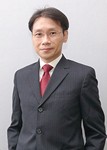
Dr Andrew WU(胡文傑博士)
Associate Dean (Executive Education and Continuous Learning), School of Business
Associate Professor (Practice)
Department of Economics and Finance
Associate Professor (Practice)
Department of Economics and Finance
Email : andrewwu@hsu.edu.hk
Tel : 3963-5089
dr andy cheng 鄭會榮博士 associate professor
programme director of bba-financial analysis and fintech/bba-financial analysis programmes
department of economics & finance
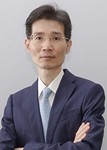
Dr Andy CHENG(鄭會榮博士)
Associate Professor
Programme Director of BBA-Financial Analysis and FinTech/BBA-Financial Analysis Programmes
Department of Economics & Finance
Programme Director of BBA-Financial Analysis and FinTech/BBA-Financial Analysis Programmes
Department of Economics & Finance
Email : andycheng@hsu.edu.hk
Tel : (852) 3963 5420
professor anne carver adjunct professor
school of translation and foreign languages

Professor Anne CARVER
Adjunct Professor
School of Translation and Foreign Languages
School of Translation and Foreign Languages
Email : annecarver@hsu.edu.hk
dr au yik sau, michael 歐亦修博士 lecturer
department of chinese

Dr AU Yik Sau, Michael(歐亦修博士)
Lecturer
Department of Chinese
Department of Chinese
Email : ysau@hsu.edu.hk
Tel : (852) 3963 5128
dr belle ling hoi ching 凌愷晴博士 lecturer

Dr Belle LING Hoi Ching(凌愷晴博士)
Lecturer
Email : belleling@hsu.edu.hk
Tel : (852) 3963 5573
dr ben, ka ming cheng 鄭家明博士 associate professor
department of economics and finance
director of centre for teaching and learning

Dr Ben, Ka Ming CHENG(鄭家明博士)
Associate Professor
Department of Economics and Finance
Director of Centre for Teaching and Learning
Department of Economics and Finance
Director of Centre for Teaching and Learning
Email : kmcheng@hsu.edu.hk
Tel : (852) 3963 5451
dr bernard luk 陸偉明博士 associate head of hounours academy
senior lecturer
department of management

Dr Bernard LUK(陸偉明博士)
Associate Head of Hounours Academy
Senior Lecturer
Department of Management
Senior Lecturer
Department of Management
Email : bernardluk@hsu.edu.hk
Tel : (852) 3963 5773
mr bosco yim 嚴啟政先生 senior lecturer
department of economics and finance

Mr Bosco YIM(嚴啟政先生)
Senior Lecturer
Department of Economics and Finance
Department of Economics and Finance
Email : boscoyim@hsu.edu.hk
Tel : (852) 3963 5266
dr brian tung 佟永超博士 senior lecturer
department of economics and finance

Dr Brian TUNG(佟永超博士)
Senior Lecturer
Department of Economics and Finance
Department of Economics and Finance
Email : briantung@hsu.edu.hk
Tel : (852) 3963 5187
dr bui hiu yuet, gavin 貝曉越博士 associate head and associate professor
programme director of ma-elta programme
department of english
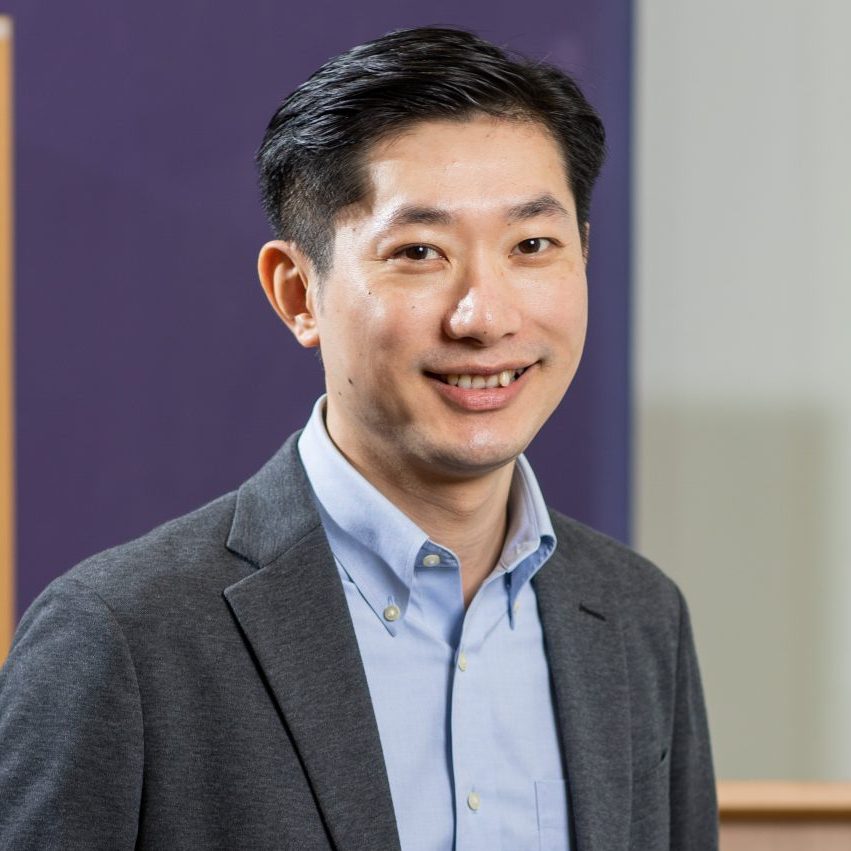
Dr BUI Hiu Yuet, Gavin(貝曉越博士)
Associate Head and Associate Professor
Programme Director of MA-ELTA Programme
Department of English
Programme Director of MA-ELTA Programme
Department of English
Email : gavinbui@hsu.edu.hk
Tel : (852) 3963 5440
dr candies lam 林紫賢博士 part-time lecturer
department of supply chain and information management
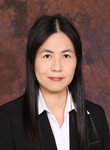
Dr Candies LAM(林紫賢博士)
Part-time Lecturer
Department of Supply Chain and Information Management
Department of Supply Chain and Information Management
Email : candieslam@hsu.edu.hk
dr cecutti, daniela lecturer (part-time)
school of translation and foreign languages

Dr CECUTTI, Daniela
Lecturer (Part-time)
School of Translation and Foreign Languages
School of Translation and Foreign Languages
Email : danielacecutti@hsu.edu.hk
mr chan chau 陳洲先生 senior lecturer
department of social science

Mr CHAN Chau(陳洲先生)
Senior Lecturer
Department of Social Science
Department of Social Science
Email : cchan@hsu.edu.hk
Tel : (852) 3963 5652
dr chan chi keung, ricky 陳志強博士 part-time lecturer
department of supply chain and information management

Dr CHAN Chi Keung, Ricky(陳志強博士)
Part-time Lecturer
Department of Supply Chain and Information Management
Department of Supply Chain and Information Management
Email : rickychan@hsu.edu.hk
dr chan chi kit 陳智傑博士 associate professor
programme director of bjc programme
school of communication
director of institute for youth sustainability leadership
associate director of centre for public policy research
master, lee yick hoi lun mosaic college

Dr CHAN Chi Kit(陳智傑博士)
Associate Professor
Programme Director of BJC Programme
School of Communication
Director of Institute for Youth Sustainability Leadership
Associate Director of Centre for Public Policy Research
Master, Lee Yick Hoi Lun Mosaic College
Programme Director of BJC Programme
School of Communication
Director of Institute for Youth Sustainability Leadership
Associate Director of Centre for Public Policy Research
Master, Lee Yick Hoi Lun Mosaic College
Email : chikitchan@hsu.edu.hk
Tel : (852) 3963 5364
dr chan chi kong 陳志江博士 senior lecturer
department of computer science

Dr CHAN Chi Kong(陳志江博士)
Senior Lecturer
Department of Computer Science
Department of Computer Science
Email : chanck@hsu.edu.hk
Tel : (852) 3963 5272
dr chan chi ming, victor 陳志明博士 assistant professor
department of social science
associate director (service learning) of centre for teaching and learning
associate master, patrick s c poon amity college

Dr CHAN Chi Ming, Victor(陳志明博士)
Assistant Professor
Department of Social Science
Associate Director (Service Learning) of Centre for Teaching and Learning
Associate Master, Patrick S C Poon Amity College
Department of Social Science
Associate Director (Service Learning) of Centre for Teaching and Learning
Associate Master, Patrick S C Poon Amity College
Email : victorchan@hsu.edu.hk
Tel : (852) 3963 5108
mr chan hei shing, eddy 陳希承先生 lecturer
department of supply chain and information management

Mr CHAN Hei Shing, Eddy(陳希承先生)
Lecturer
Department of Supply Chain and Information Management
Department of Supply Chain and Information Management
Email : eddychan@hsu.edu.hk
Tel : (852) 3963 5790
dr chan hin yeung, rami 陳顯揚博士 assistant professor
associate programme director of bsocsc-as programme
department of social science
director of the centre for asian languages and cultures
associate director of centre for greater china studies

Dr CHAN Hin Yeung, Rami(陳顯揚博士)
Assistant Professor
Associate Programme Director of BSocSc-AS Programme
Department of Social Science
Director of the Centre for Asian Languages and Cultures
Associate Director of Centre for Greater China Studies
Associate Programme Director of BSocSc-AS Programme
Department of Social Science
Director of the Centre for Asian Languages and Cultures
Associate Director of Centre for Greater China Studies
Email : ramichan@hsu.edu.hk
Tel : (852) 3963 5251
mr chan ka fung, tony 陳嘉峰先生 lecturer
department of accountancy

Mr CHAN Ka Fung, Tony (陳嘉峰先生)
Lecturer
Department of Accountancy
Department of Accountancy
Email : tonychan@hsu.edu.hk
Tel : (852) 3963 5400
dr chan ka lok, sobel 陳家樂博士 senior lecturer
school of communication
acting programme director of the bachelor of arts in convergent media and communication technology

Dr CHAN Ka Lok, Sobel(陳家樂博士)
Senior Lecturer
School of Communication
Acting Programme Director of The Bachelor of Arts in Convergent Media and Communication Technology
School of Communication
Acting Programme Director of The Bachelor of Arts in Convergent Media and Communication Technology
Email : sobelchan@hsu.edu.hk
Tel : (852) 3963 5296
mr chan kam kuen anthony 陳敢權先生 adjunct professor
school of humanities and social science
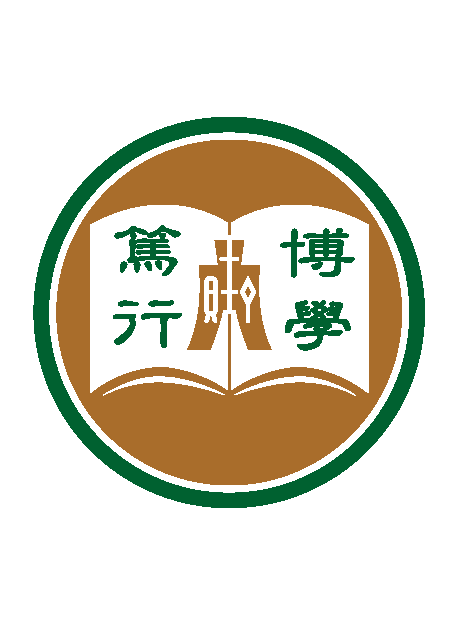
Mr CHAN Kam Kuen Anthony(陳敢權先生)
Adjunct Professor
School of Humanities and Social Science
School of Humanities and Social Science
Email : anthonykkchan@hsu.edu.hk
dr chan kar yan, shelby 陳嘉恩博士 associate dean and associate professor
school of translation and foreign languages
programme director of master of arts in translation (business and legal) programme

Dr CHAN Kar Yan, Shelby(陳嘉恩博士)
Associate Dean and Associate Professor
School of Translation and Foreign Languages
Programme Director of Master of Arts in Translation (Business and Legal) Programme
School of Translation and Foreign Languages
Programme Director of Master of Arts in Translation (Business and Legal) Programme
Email : shelbychan@hsu.edu.hk
Tel : (852) 3963 5442
dr chan kin wing, kenneth 陳健榮博士 senior lecturer
department of supply chain and information management
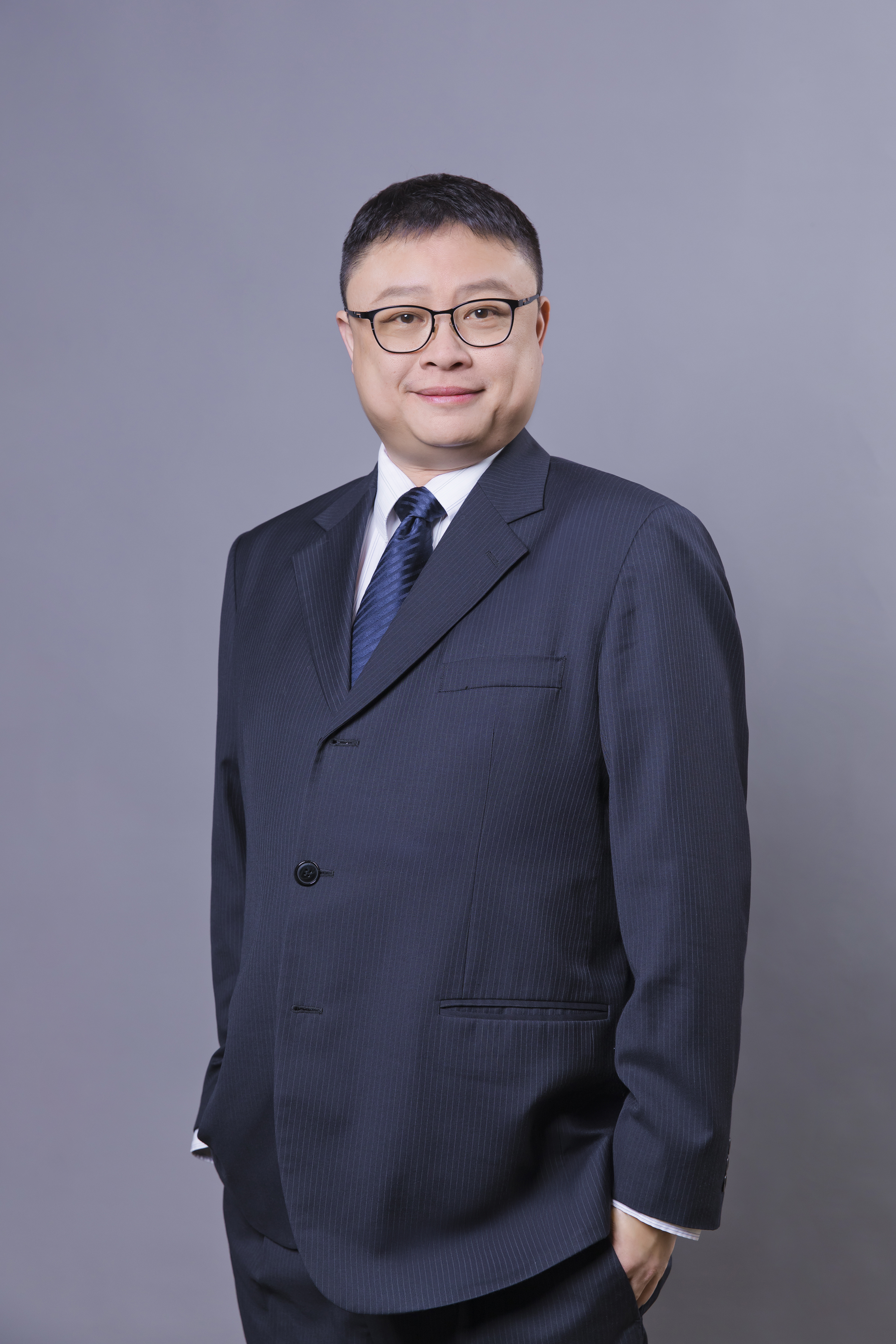
Dr CHAN Kin Wing, Kenneth(陳健榮博士)
Senior Lecturer
Department of Supply Chain and Information Management
Department of Supply Chain and Information Management
Email : chankw@hsu.edu.hk
Tel : (852) 3963 5210
mr chan king che, stephen 陳鏡治工程師 adjunct professor
department of supply chain and information management
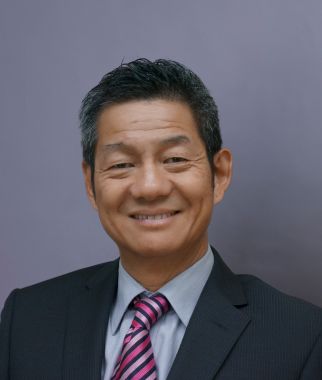
Mr Chan King Che, Stephen(陳鏡治工程師)
Adjunct Professor
Department of Supply Chain and Information Management
Department of Supply Chain and Information Management
dr chan oi yan, connie 陳藹欣博士 senior lecturer
associate programme director of ba-acc programme
school of communication

Dr CHAN Oi Yan, Connie(陳藹欣博士)
Senior Lecturer
Associate Programme Director of BA-ACC Programme
School of Communication
Associate Programme Director of BA-ACC Programme
School of Communication
Email : conniechan@hsu.edu.hk
Tel : (852) 3963 5540
professor chan wai kwong, samuel 陳偉光教授 adjunct professor
department of supply chain and information management

Professor CHAN Wai Kwong, Samuel(陳偉光教授)
Adjunct Professor
Department of Supply Chain and Information Management
Department of Supply Chain and Information Management
Email : swkchan@hsu.edu.hk
ms chan wai man, cynthia 陳慰敏女士 lecturer
department of chinese

Ms CHAN Wai Man, Cynthia(陳慰敏女士)
Lecturer
Department of Chinese
Department of Chinese
Email : cynthiachan@hsu.edu.hk
Tel : (852) 3963 5119
professor chan wai sum 陳偉森教授 dean and professor of school of decision sciences

Professor CHAN Wai Sum(陳偉森教授)
Dean and Professor of School of Decision Sciences
Email : wschan@hsu.edu.hk
Tel : (852) 3963 5010
dr chan wing ho, michael 陳永浩博士 senior lecturer
department of social science

Dr CHAN Wing Ho, Michael(陳永浩博士)
Senior Lecturer
Department of Social Science
Department of Social Science
Email : michaelchan@hsu.edu.hk
Tel : (852) 3963 5537
mr chang benjamin 張敬彬先生 adjunct associate professor

Mr CHANG Benjamin(張敬彬先生)
Adjunct Associate Professor
Email : benjaminkpchang@hsu.edu.hk
dr chang chih-yu, james 張志宇博士 associate dean (teaching and learning) of school of communication
associate professor (practice)

Dr CHANG Chih-Yu, James(張志宇博士)
Associate Dean (Teaching and Learning) of School of Communication
Associate Professor (Practice)
Associate Professor (Practice)
Email : jameschang@hsu.edu.hk
Tel : (852) 3963 5512
mr chau chun hing, timothy 周俊興先生 senior lecturer
department of supply chain and information management
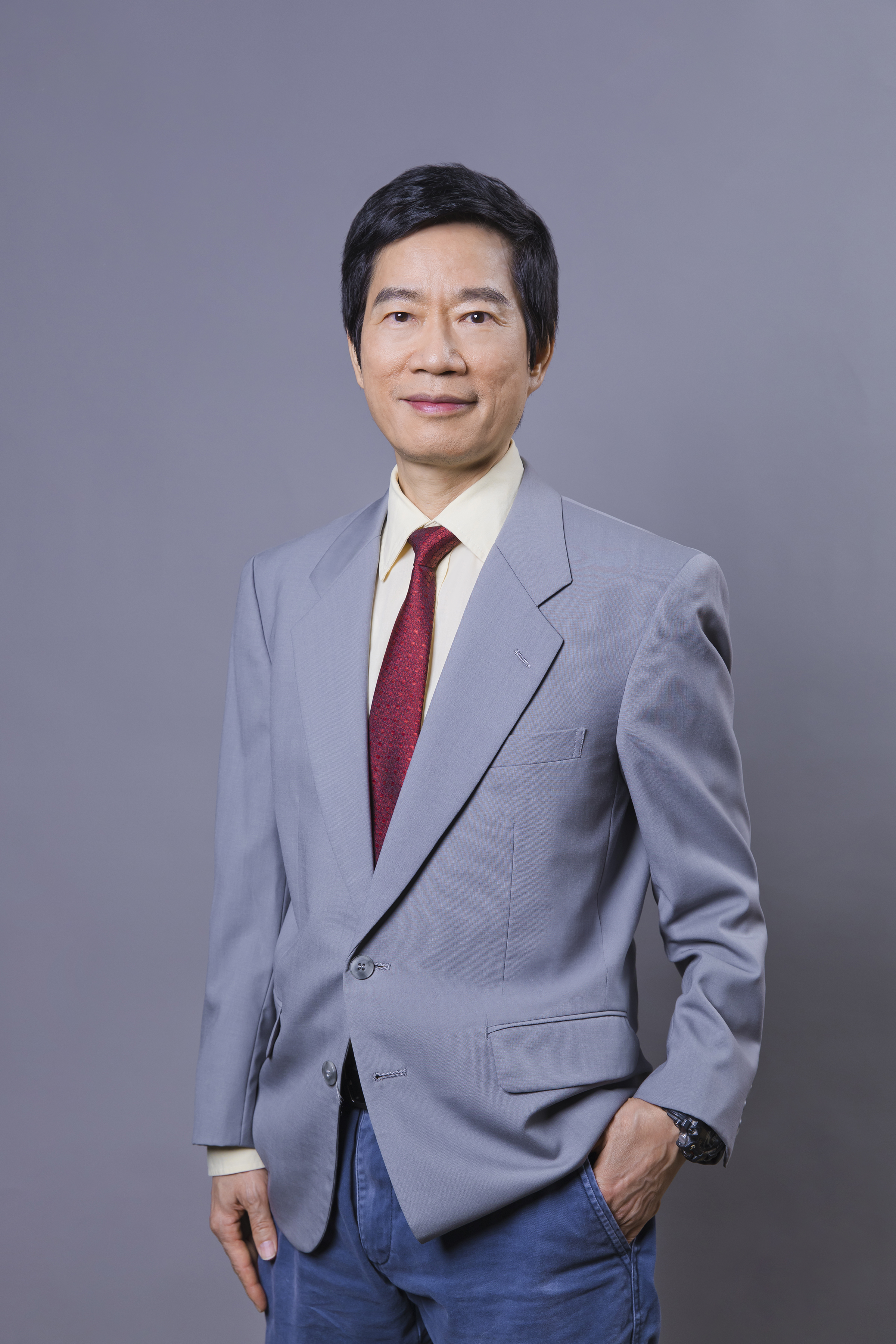
Mr CHAU Chun Hing, Timothy(周俊興先生)
Senior Lecturer
Department of Supply Chain and Information Management
Department of Supply Chain and Information Management
Email : timothychau@hsu.edu.hk
Tel : (852) 3963 5196
dr chau tsz yan, emily 鄒芷茵博士 assistant professor
department of chinese
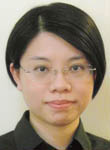
Dr CHAU Tsz Yan, Emily(鄒芷茵博士)
Assistant Professor
Department of Chinese
Department of Chinese
Email : emilychau@hsu.edu.hk
Tel : (852) 3963 5288
mr che wai lam, william 池威霖先生 senior lecturer
school of translation and foreign languages

Mr CHE Wai Lam, William(池威霖先生)
Senior Lecturer
School of Translation and Foreign Languages
School of Translation and Foreign Languages
Email : williamche@hsu.edu.hk
Tel : (852) 3963 5220
dr chen gengzhao, linsey 陳耿釗博士 assistant professor
department of accountancy
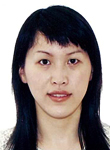
Dr CHEN Gengzhao, Linsey(陳耿釗博士)
Assistant Professor
Department of Accountancy
Department of Accountancy
Email : gengzhaochen@hsu.edu.hk
Tel : (852) 3963 5585
dr chen hung to, ivan 陳鴻圖博士 associate head and associate professor
associate programme director of ma-chi programme
department of chinese
associate director of tin ka ping institute for chinese language and culture

Dr CHEN Hung To, Ivan(陳鴻圖博士)
Associate Head and Associate Professor
Associate Programme Director of MA-CHI Programme
Department of Chinese
Associate Director of Tin Ka Ping Institute for Chinese Language and Culture
Associate Programme Director of MA-CHI Programme
Department of Chinese
Associate Director of Tin Ka Ping Institute for Chinese Language and Culture
Email : htchen@hsu.edu.hk
Tel : (852) 3963 5447
dr chen yong zhao 陳永釗博士 assistant professor
department of mathematics, statistics and insurance
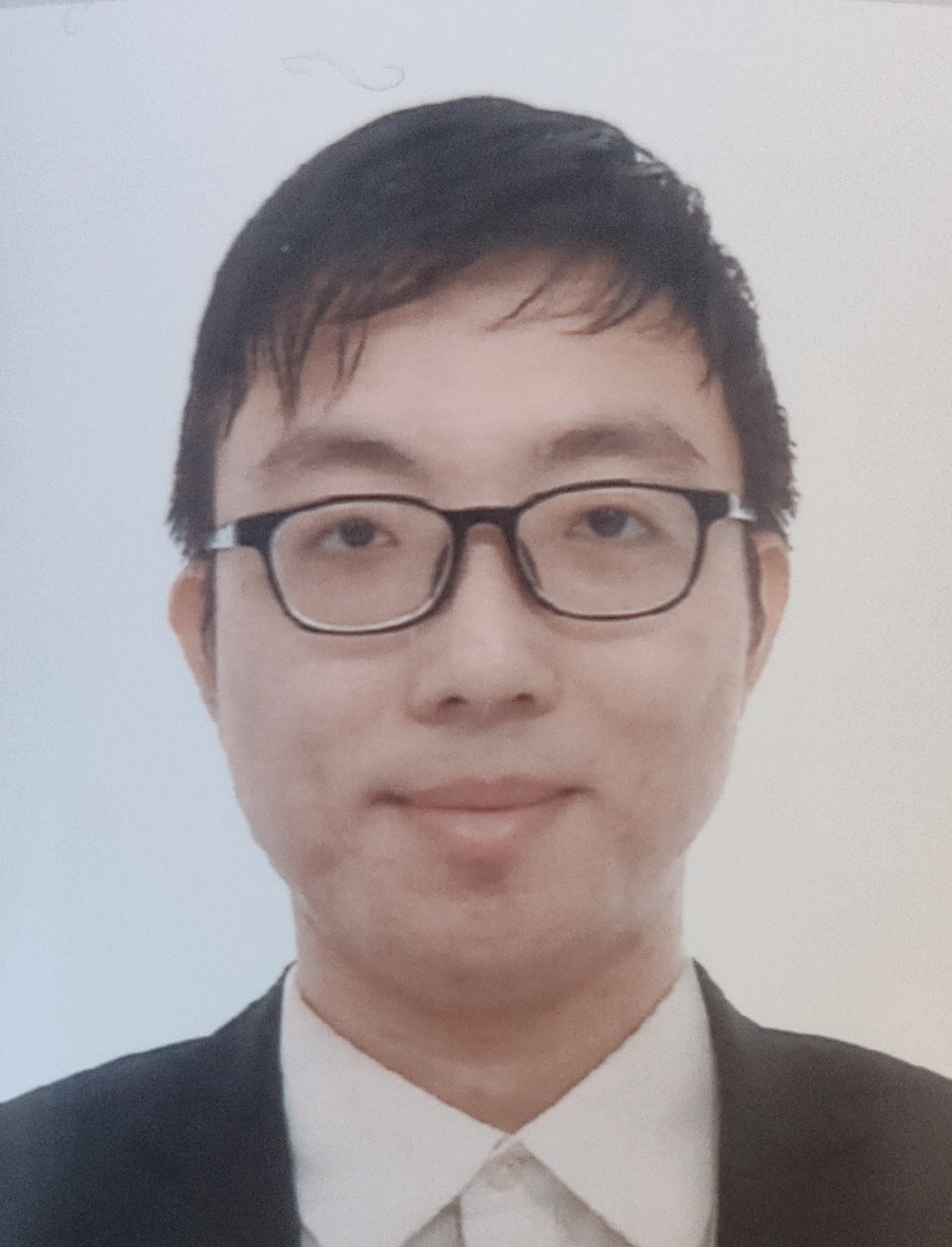
Dr CHEN Yong Zhao(陳永釗博士)
Assistant Professor
Department of Mathematics, Statistics and Insurance
Department of Mathematics, Statistics and Insurance
Email : ychen@hsu.edu.hk
Tel : (852) 3963 5644
mr cheng ka chun, chris 鄭嘉駿先生 senior lecturer
department of accountancy

Mr CHENG Ka Chun, Chris(鄭嘉駿先生)
Senior Lecturer
Department of Accountancy
Department of Accountancy
Email : chrischeng@hsu.edu.hk
Tel : (852) 3963 5427
mr cheng kam por 鄭錦波先生 adjunct professor

Mr CHENG Kam Por(鄭錦波先生)
Adjunct Professor
Email : kpcheng@hsu.edu.hk
Tel : (852) 3963 5075
ms cheng suet oi, glacial 鄭雪愛女士 senior lecturer
school of communication

Ms CHENG Suet Oi, Glacial(鄭雪愛女士)
Senior Lecturer
School of Communication
School of Communication
Email : glacialcheng@hsu.edu.hk
Tel : (852) 3963 5183
professor cheng tai chiu, edwin 鄭大昭教授 honorary professor
department of supply chain and information management
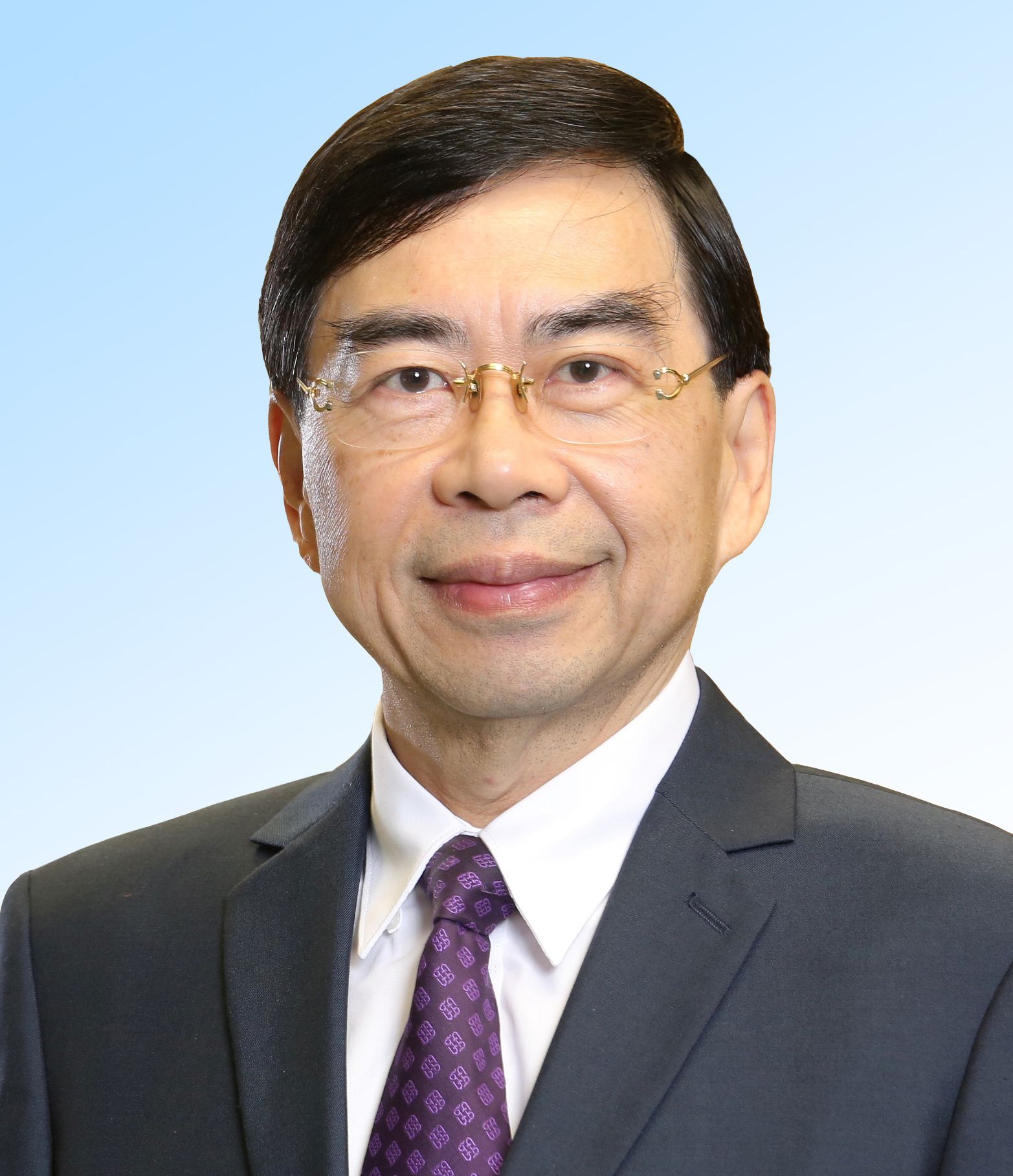
Professor CHENG Tai Chiu, Edwin(鄭大昭教授)
Honorary Professor
Department of Supply Chain and Information Management
Department of Supply Chain and Information Management
dr cheung king man 張敬文博士 part-time lecturer
school of translation and foreign languages

Dr CHEUNG King Man(張敬文博士)
Part-time Lecturer
School of Translation and Foreign Languages
School of Translation and Foreign Languages
Email : kmcheung@hsu.edu.hk
dr cheung kwok wai, keith 張國威博士 associate professor
associate programme director of ba-cmct programme
school of communication

Dr CHEUNG Kwok Wai, Keith(張國威博士)
Associate Professor
Associate Programme Director of BA-CMCT Programme
School of Communication
Associate Programme Director of BA-CMCT Programme
School of Communication
Email : keithcheung@hsu.edu.hk
Tel : (852) 3963 5222
professor cheung kwong yue 張光裕教授 head and chair professor
programme director of ba-chi programme
department of chinese
director of tin ka ping institute for chinese language and culture
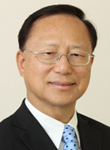
Professor CHEUNG Kwong Yue(張光裕教授)
Head and Chair Professor
Programme Director of BA-CHI Programme
Department of Chinese
Director of Tin Ka Ping Institute for Chinese Language and Culture
Programme Director of BA-CHI Programme
Department of Chinese
Director of Tin Ka Ping Institute for Chinese Language and Culture
Email : alexcheung@hsu.edu.hk
Tel : (852) 3963 5103
professor cheung wai man 張惠民教授 honorary professor
department of supply chain and information management

Professor CHEUNG Wai Man(張惠民教授)
Honorary Professor
Department of Supply Chain and Information Management
Department of Supply Chain and Information Management
ms cheung yuen yi, pauline 張婉儀女士 senior lecturer
department of accountancy

Ms CHEUNG Yuen Yi, Pauline(張婉儀女士)
Senior Lecturer
Department of Accountancy
Department of Accountancy
Email : pcheung@hsu.edu.hk
Tel : (852) 3963 5139
professor chiu ying chun, ronald 趙應春教授 associate dean (enterprise and business engagement) of school of communication professor (practice)

Professor CHIU Ying Chun, Ronald(趙應春教授)
Associate Dean (Enterprise and Business Engagement) of School of Communication Professor (Practice)
Email : ronaldchiu@hsu.edu.hk
Tel : 3963 5629
dr chow yi hang, eden 周懿行博士 senior lecturer
associate programme director of bba-cgc programme
department of accountancy

Dr CHOW Yi Hang, Eden(周懿行博士)
Senior Lecturer
Associate Programme Director of BBA-CGC Programme
Department of Accountancy
Associate Programme Director of BBA-CGC Programme
Department of Accountancy
Email : edenchow@hsu.edu.hk
Tel : (852) 3963 5423
dr choy hiu ying, christine 蔡曉瑩博士 associate head and assistant professor
department of art and design
associate director (teaching and learning enhancement)
centre for teaching and learning

Dr CHOY Hiu Ying, Christine(蔡曉瑩博士)
Associate Head and Assistant Professor
Department of Art and Design
Associate Director (Teaching and Learning Enhancement)
Centre for Teaching and Learning
Department of Art and Design
Associate Director (Teaching and Learning Enhancement)
Centre for Teaching and Learning
Email : christinechoy@hsu.edu.hk
Tel : (852) 3963 5386
dr choy mei chun 蔡美珍博士 senior lecturer
department of computer science

Dr CHOY Mei Chun(蔡美珍博士)
Senior Lecturer
Department of Computer Science
Department of Computer Science
Email : mcchoy@hsu.edu.hk
Tel : (852) 3963 5159
professor choy siu kai 蔡少佳教授 associate dean, graduate school
head and professor
department of mathematics, statistics and insurance

Professor CHOY Siu Kai(蔡少佳教授)
Associate Dean, Graduate School
Head and Professor
Department of Mathematics, Statistics and Insurance
Head and Professor
Department of Mathematics, Statistics and Insurance
Email : skchoy@hsu.edu.hk
Tel : (852) 3963 5113
dr chu chun fai, carlin 朱振輝博士 assistant professor
associate programme director (hk) of msc-dsai programme
department of computer science

Dr CHU Chun Fai, Carlin(朱振輝博士)
Assistant Professor
Associate Programme Director (HK) of MSc-DSAI Programme
Department of Computer Science
Associate Programme Director (HK) of MSc-DSAI Programme
Department of Computer Science
Email : carlinchu@hsu.edu.hk
Tel : (852) 3963 5783
dr chu kwun lun, alan 朱冠麟博士 lecturer
department of mathematics, statistics and insurance
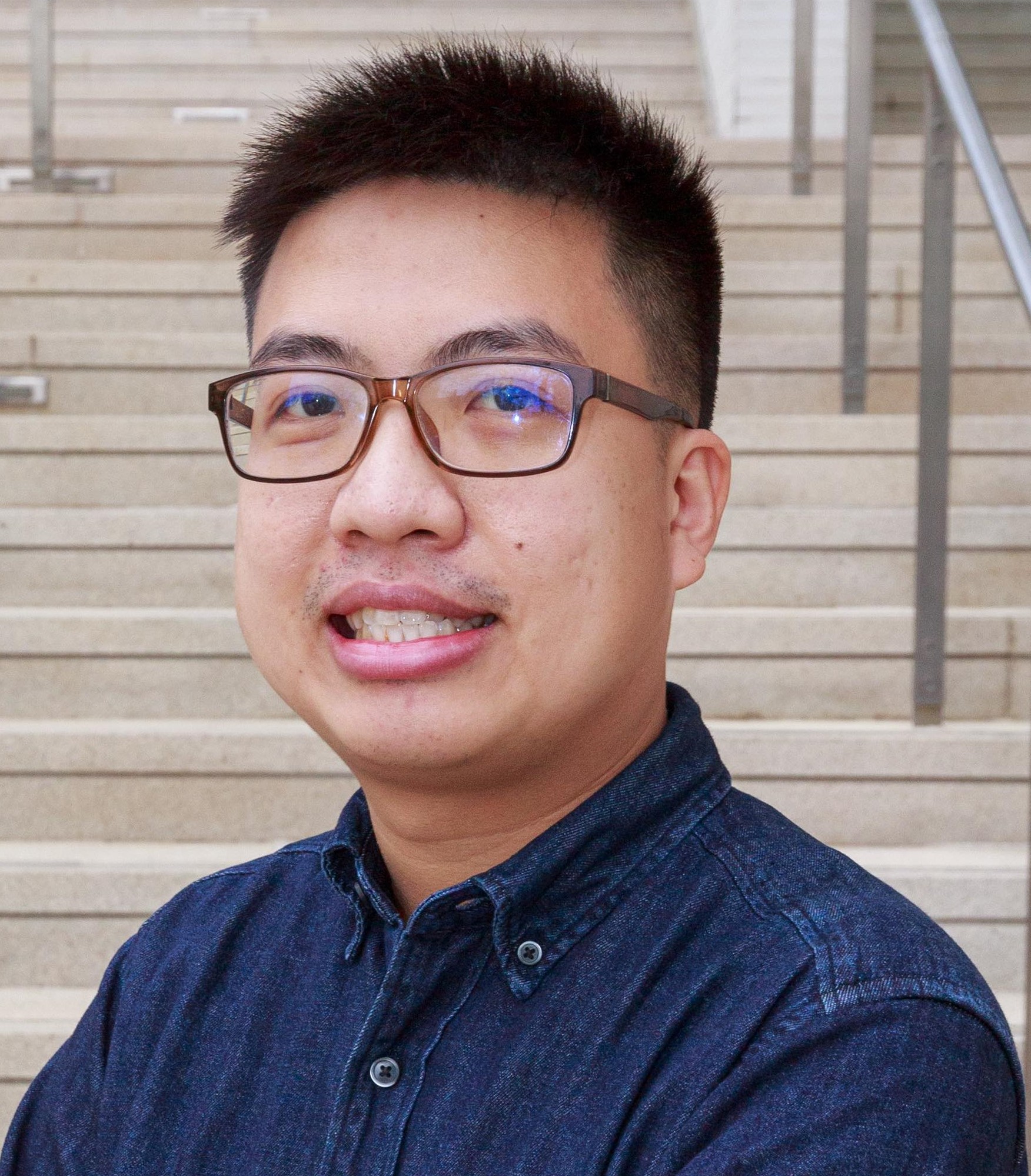
Dr CHU Kwun Lun, Alan(朱冠麟博士)
Lecturer
Department of Mathematics, Statistics and Insurance
Department of Mathematics, Statistics and Insurance
Email : alanchu@hsu.edu.hk
Tel : (852) 3963 5243
dr chung ho ying, holly 鍾可盈博士 senior lecturer
department of english
associate director (youth education) of institute for youth sustainability leadership
associate director of centre for innovation and entrepreneurship
head of honours academy
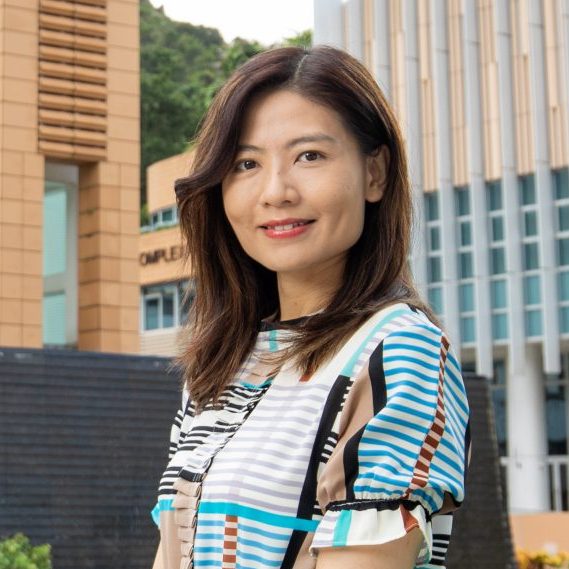
Dr CHUNG Ho Ying, Holly(鍾可盈博士)
Senior Lecturer
Department of English
Associate Director (Youth Education) of Institute for Youth Sustainability Leadership
Associate Director of Centre for Innovation and Entrepreneurship
Head of Honours Academy
Department of English
Associate Director (Youth Education) of Institute for Youth Sustainability Leadership
Associate Director of Centre for Innovation and Entrepreneurship
Head of Honours Academy
Email : hollychung@hsu.edu.hk
Tel : (852) 3963 5410
mr clive fan 范惠諾先生 lecturer
department of marketing
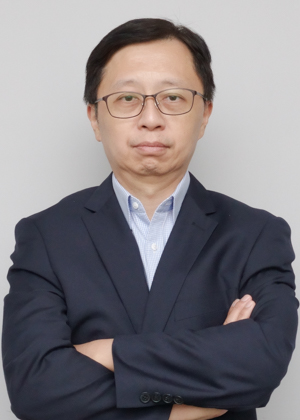
Mr Clive FAN(范惠諾先生)
Lecturer
Department of Marketing
Department of Marketing
Email : clivefan@hsu.edu.hk
Tel : (852) 3963 5168
mr colin cheung 張漢權先生 lecturer

Mr Colin CHEUNG(張漢權先生)
Lecturer
Email : colincheung@hsu.edu.hk
Tel : 3963 5190
dr crystal wu 吳新茹博士 assistant professor
associate programme director of bba-gb programme
department of marketing

Dr Crystal WU(吳新茹博士)
Assistant Professor
Associate Programme Director of BBA-GB Programme
Department of Marketing
Associate Programme Director of BBA-GB Programme
Department of Marketing
Email : xwu@hsu.edu.hk
Tel : (852) 3963 5785
dr david chui 崔錦雄博士 associate professor (practice)
programme director of bba-fb programme
department of economics & finance

Dr David CHUI(崔錦雄博士)
Associate Professor (Practice)
Programme Director of BBA-FB Programme
Department of Economics & Finance
Programme Director of BBA-FB Programme
Department of Economics & Finance
Email : davidchui@hsu.edu.hk
Tel : (852) 3963 5145
professor david tse 謝貴枝教授 co-director, chinese family succession research centre
chair professor
department of marketing
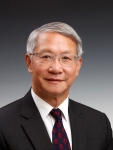
Professor David TSE(謝貴枝教授)
Co-Director, Chinese Family Succession Research Centre
Chair Professor
Department of Marketing
Chair Professor
Department of Marketing
Email : davidtse@hsu.edu.hk
Tel : (852) 3963 5186
mr david wong 黃偉豪先生 bba-mgt associate programme director
lecturer
department of management
orcid id: 0000-0003-1971-839x

Mr David WONG(黃偉豪先生)
BBA-MGT Associate Programme Director
Lecturer
Department of Management
ORCID iD: 0000-0003-1971-839X
Lecturer
Department of Management
ORCID iD: 0000-0003-1971-839X
Email : davidwong@hsu.edu.hk
Tel : (852) 3963 5775
mr edern ian le faou lecturer (part-time)
school of translation and foreign languages
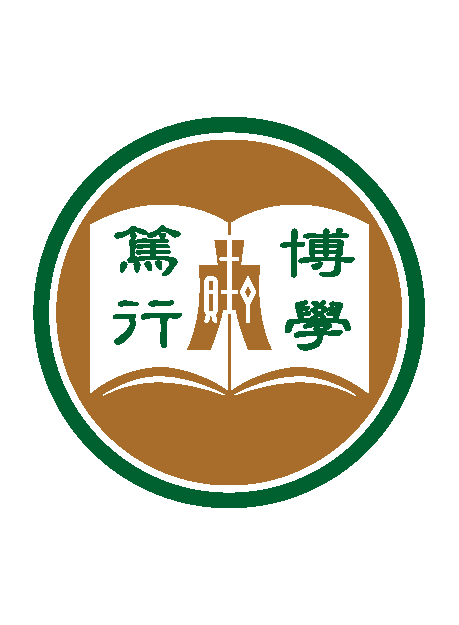
Mr Edern Ian LE FAOU
Lecturer (Part-time)
School of Translation and Foreign Languages
School of Translation and Foreign Languages
Email : edernlefaou@hsu.edu.hk
mr edward wong 黃展康先生 lecturer (part-time)
department of management

Mr Edward Wong(黃展康先生)
Lecturer (Part-time)
Department of Management
Department of Management
Email : edwardwong@hsu.edu.hk
dr eko liao 廖逸博士 mbm associate programme director, school of business
associate professor
department of management

Dr Eko LIAO(廖逸博士)
MBM Associate Programme Director, School of Business
Associate Professor
Department of Management
Associate Professor
Department of Management
Email : ekoliao@hsu.edu.hk
Tel : (852) 3963 5093
ms elaine wang 王依寧女士 adjunct professor
department of management

Ms Elaine WANG(王依寧女士)
Adjunct Professor
Department of Management
Department of Management
Email : elainewang@hsu.edu.hk
mr eric chee 池耀輝先生 senior lecturer
associate head of department of marketing
department of marketing
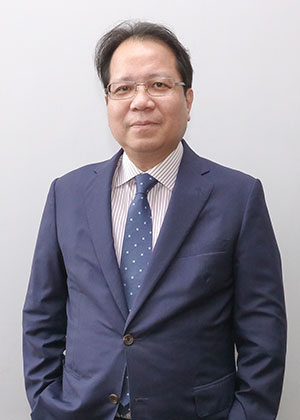
Mr Eric CHEE(池耀輝先生)
Senior Lecturer
Associate Head of Department of Marketing
Department of Marketing
Associate Head of Department of Marketing
Department of Marketing
Email : ericchee@hsu.edu.hk
Tel : (852) 3963 5131
mr fang hai bo 方海博先生 lecturer (part-time)
school of translation and foreign languages
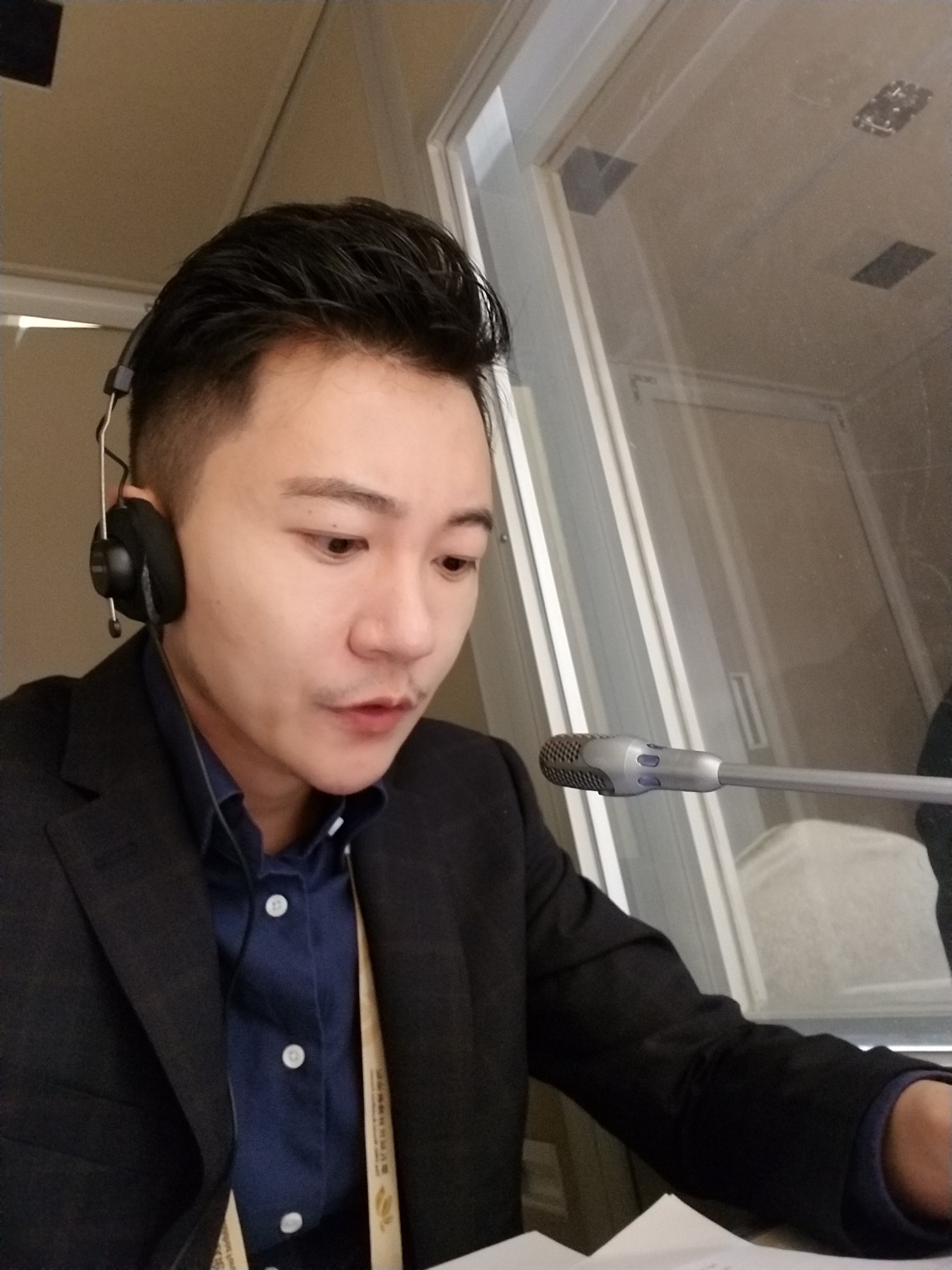
Mr FANG Hai Bo(方海博先生)
Lecturer (part-time)
School of Translation and Foreign Languages
School of Translation and Foreign Languages
Email : ericfang@hsu.edu.hk
ms fira ruth lecturer (part-time)
school of translation and foreign languages

Ms Fira RUTH
Lecturer (Part-time)
School of Translation and Foreign Languages
School of Translation and Foreign Languages
Email : fira@hsu.edu.hk
professor fong chee fun, gilbert, mh 方梓勳教授, MH emeritus dean and professor
school of translation and foreign languages
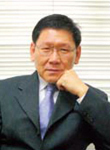
Professor FONG Chee Fun, Gilbert, MH(方梓勳教授, MH)
Emeritus Dean and Professor
School of Translation and Foreign Languages
School of Translation and Foreign Languages
Email : gilbertfong@hsu.edu.hk
Tel : (852) 3963 5130
ms francesca coppeta lecturer (part-time)
school of translation and foreign languages
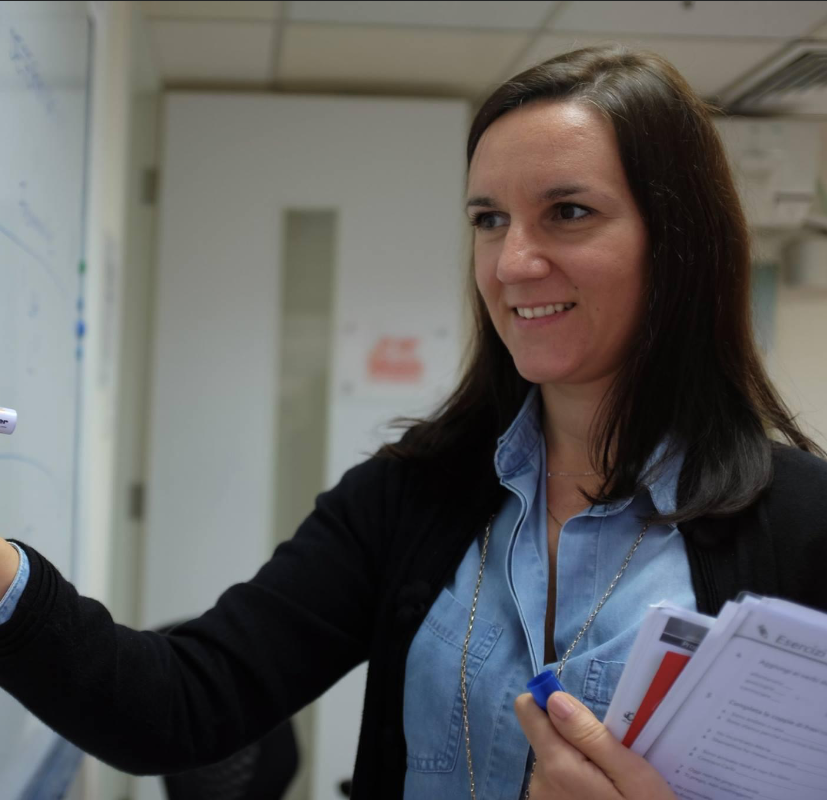
Ms Francesca COPPETA
Lecturer (part-time)
School of Translation and Foreign Languages
School of Translation and Foreign Languages
Email : francescacoppeta@hsu.edu.hk
professor fu ho ying, jeanne 符可瑩教授 vice-president (learning and student experience)
director of centre for innovation and entrepreneurship
professor
department of management
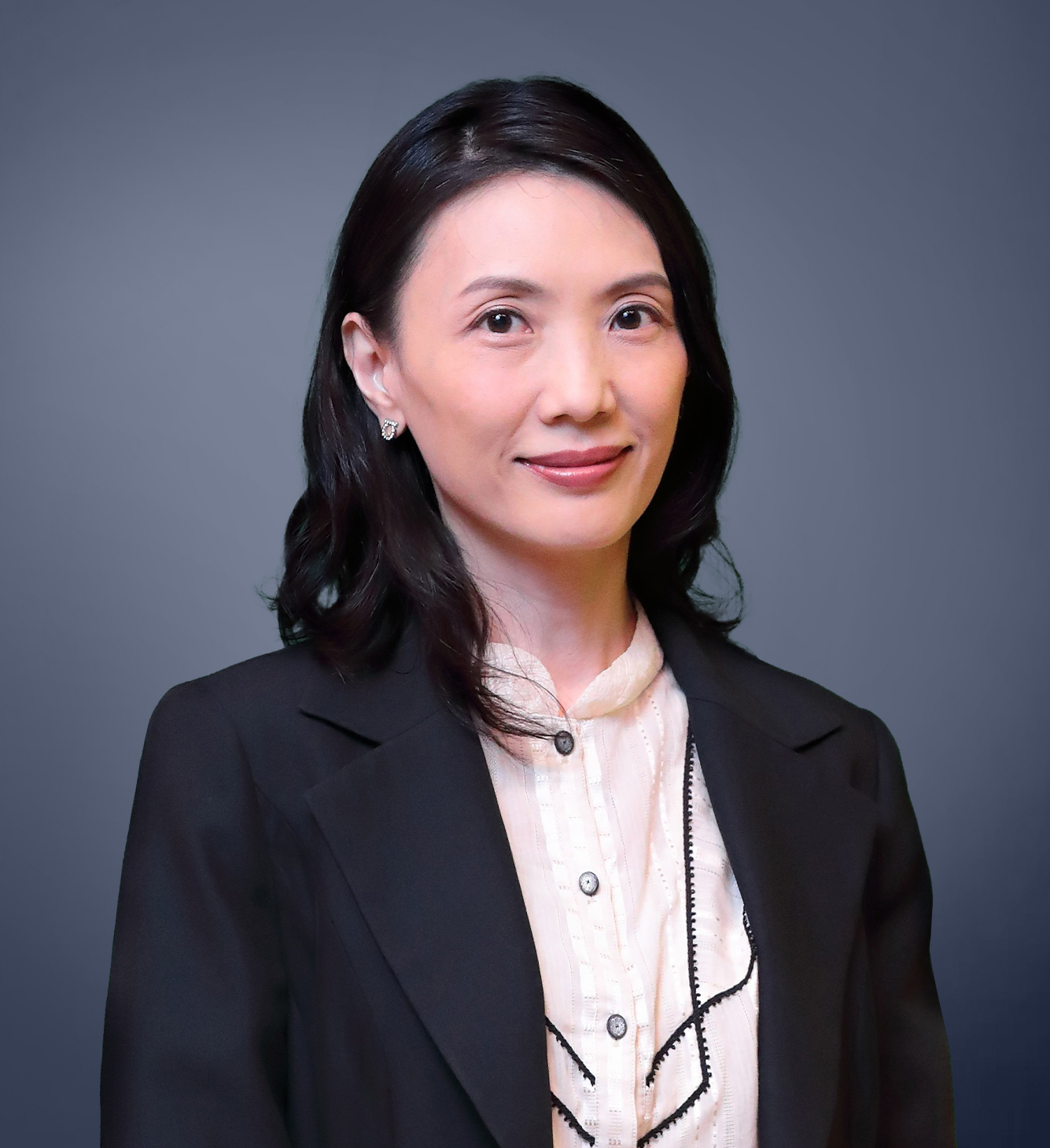
Professor FU Ho Ying, Jeanne(符可瑩教授)
Vice-President (Learning and Student Experience)
Director of Centre for Innovation and Entrepreneurship
Professor
Department of Management
Director of Centre for Innovation and Entrepreneurship
Professor
Department of Management
Email : jeannefu@hsu.edu.hk
Tel : (852) 3963 5125
mr fung che pui 馮自培先生 part-time lecturer
school of communication
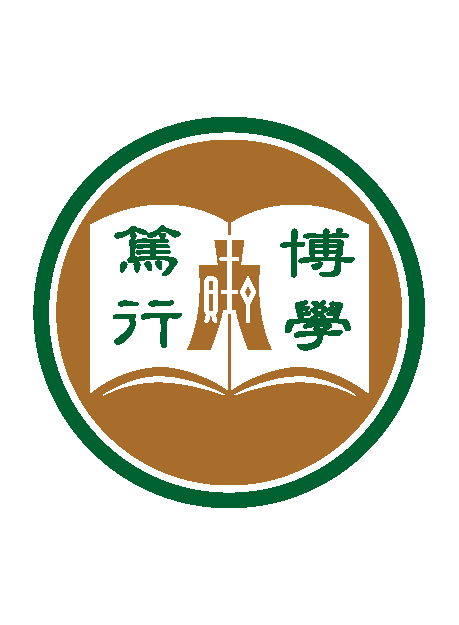
Mr FUNG Che Pui(馮自培先生)
Part-time Lecturer
School of Communication
School of Communication
Email : cpfung@hsu.edu.hk
dr fung kai yeung, paul 馮啟陽博士 associate professor
associate programme director of ba-eng programme
department of english
associate dean of school of humanities and social science
master, s h ho wellness college
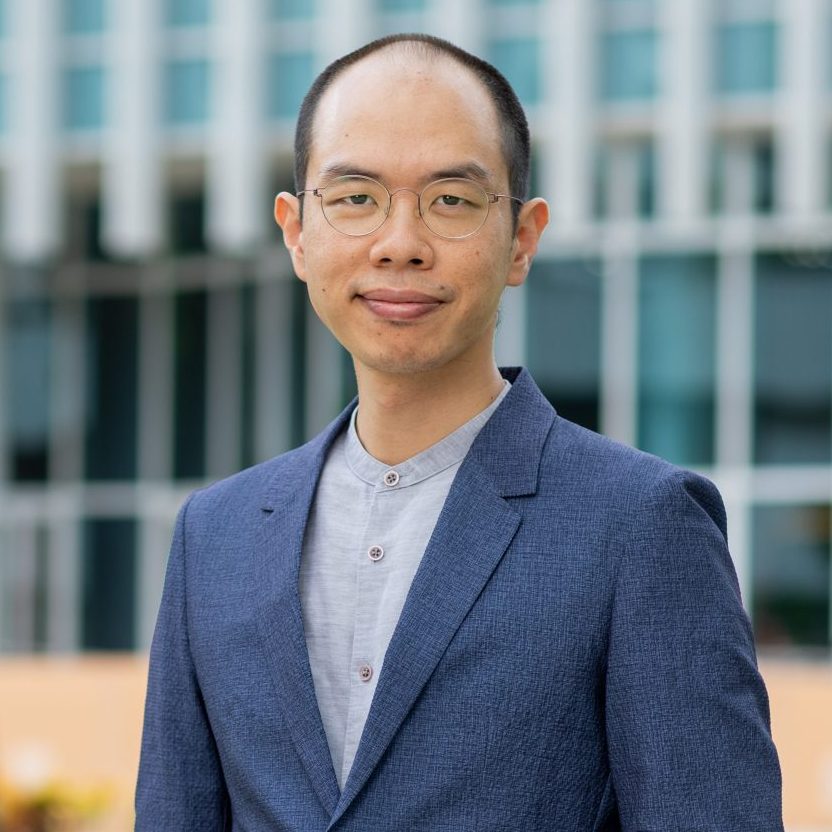
Dr FUNG Kai Yeung, Paul(馮啟陽博士)
Associate Professor
Associate Programme Director of BA-ENG Programme
Department of English
Associate Dean of School of Humanities and Social Science
Master, S H Ho Wellness College
Associate Programme Director of BA-ENG Programme
Department of English
Associate Dean of School of Humanities and Social Science
Master, S H Ho Wellness College
Email : paulfung@hsu.edu.hk
Tel : (852) 3963 5474
dr fung wai sum, cathy 馮慧心博士 senior lecturer
department of chinese

Dr FUNG Wai Sum, Cathy(馮慧心博士)
Senior Lecturer
Department of Chinese
Department of Chinese
Email : cathyfung@hsu.edu.hk
Tel : (852) 3963 5112
dr fung wing hong, derrick 馮穎康博士 assistant professor
programme director of msc-ins programme
department of mathematics, statistics and insurance
associate dean (graduate studies) of school of decision sciences

Dr FUNG Wing Hong, Derrick(馮穎康博士)
Assistant Professor
Programme Director of MSc-INS Programme
Department of Mathematics, Statistics and Insurance
Associate Dean (Graduate Studies) of School of Decision Sciences
Programme Director of MSc-INS Programme
Department of Mathematics, Statistics and Insurance
Associate Dean (Graduate Studies) of School of Decision Sciences
Email : derrickfung@hsu.edu.hk
Tel : (852) 3963 5229
dr haksin chan 陳克先博士 head and associate professor
department of marketing

Dr Haksin CHAN(陳克先博士)
Head and Associate Professor
Department of Marketing
Department of Marketing
Email : hschan@hsu.edu.hk
Tel : (852) 3963 5501
professor haw in-mu 許仁茂教授 visiting chair professor
department of accountancy
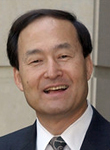
Professor HAW In-Mu(許仁茂教授)
Visiting Chair Professor
Department of Accountancy
Department of Accountancy
Email : ihaw@hsu.edu.hk
dr ho chi kuen, danny 何熾權博士 assistant professor
programme director of msc-gscm programme
department of supply chain and information management
associate director of supply chain excellence and innovation centre
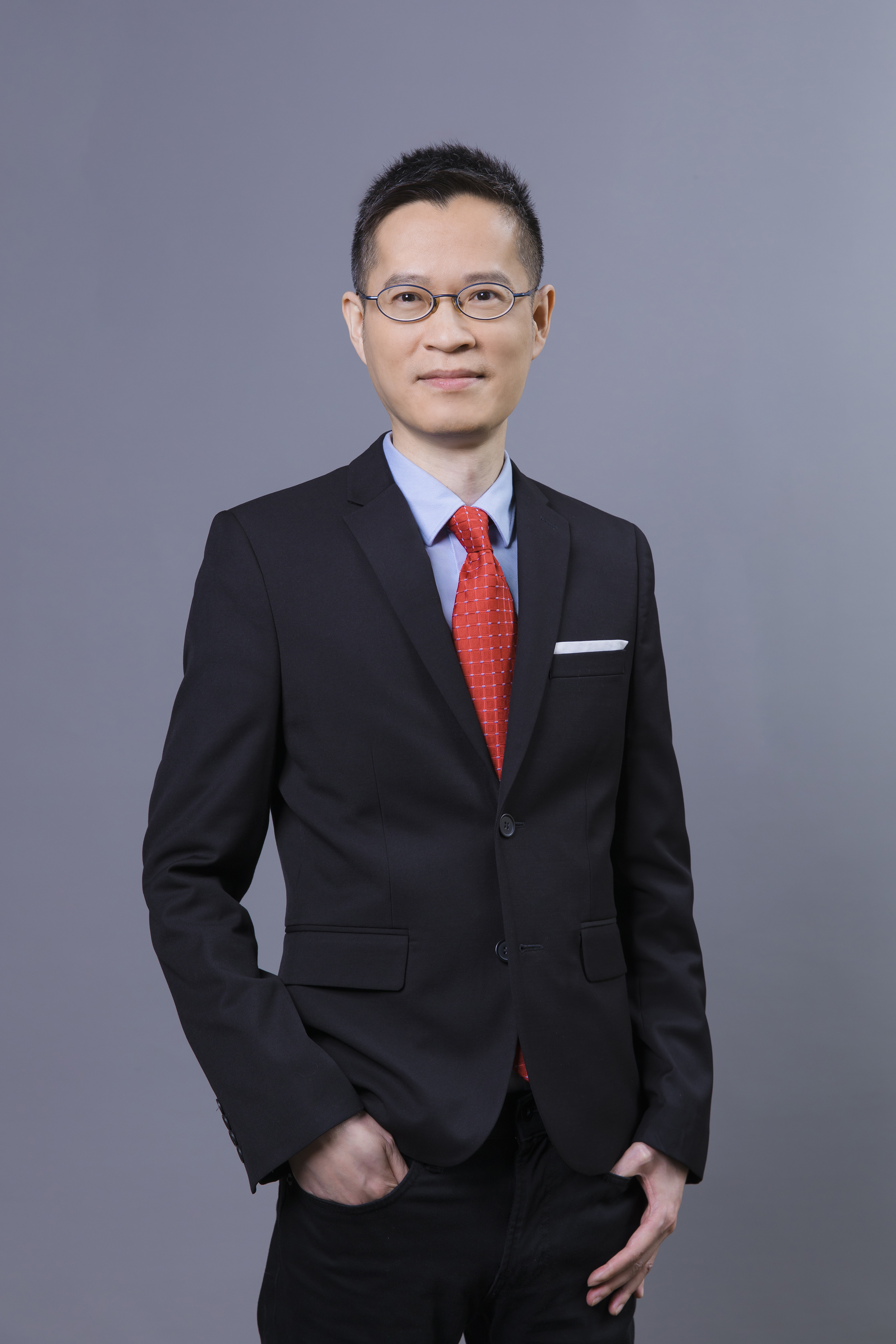
Dr HO Chi Kuen, Danny(何熾權博士)
Assistant Professor
Programme Director of MSc-GSCM Programme
Department of Supply Chain and Information Management
Associate Director of Supply Chain Excellence and Innovation Centre
Programme Director of MSc-GSCM Programme
Department of Supply Chain and Information Management
Associate Director of Supply Chain Excellence and Innovation Centre
Email : dannyho@hsu.edu.hk
Tel : (852) 3963 5454
professor ho fuk lau 劉可復教授 professor emeritus
department of marketing
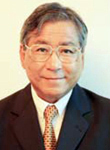
Professor Ho Fuk LAU(劉可復教授)
Professor Emeritus
Department of Marketing
Department of Marketing
Email : hflau@hsu.edu.hk
Tel : (852) 3963 5101
mr ho ka tat 何家達先生 part-time lecturer
school of communication
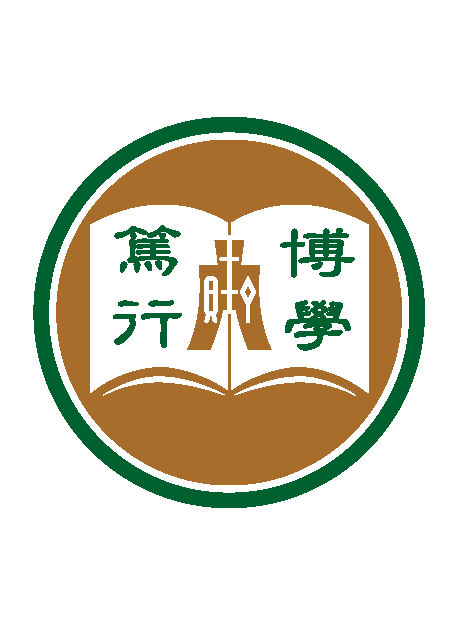
Mr HO Ka Tat(何家達先生)
Part-time Lecturer
School of Communication
School of Communication
Email : ktho@hsu.edu.hk
mr ho king fun 何景勳先生 lecturer
physical education, student affairs office

Mr HO King Fun(何景勳先生)
Lecturer
Physical Education, Student Affairs Office
Physical Education, Student Affairs Office
Email : funho@hsu.edu.hk
Tel : (852) 3963 5671
ms ho sze yiu, nicole 何思瑤女士 lecturer

Ms HO Sze Yiu, Nicole(何思瑤女士)
Lecturer
Email : nicoleho@hsu.edu.hk
Tel : (852) 3963 5470
ir dr ho to sum, george 何道森博士工程師 associate professor
bba-scm programme director
department of supply chain and information management
associate director (digital learning) of centre for teaching and learning

Ir Dr HO To Sum, George(何道森博士工程師)
Associate Professor
BBA-SCM Programme Director
Department of Supply Chain and Information Management
Associate Director (Digital Learning) of Centre for Teaching and Learning
BBA-SCM Programme Director
Department of Supply Chain and Information Management
Associate Director (Digital Learning) of Centre for Teaching and Learning
Email : georgeho@hsu.edu.hk
Tel : (852) 3963 5587
dr hou yun, aileen 侯云博士 assistant professor
programme director of msc-dsai programme
department of computer science

Dr HOU Yun, Aileen(侯云博士)
Assistant Professor
Programme Director of MSc-DSAI Programme
Department of Computer Science
Programme Director of MSc-DSAI Programme
Department of Computer Science
Email : aileenhou@hsu.edu.hk
Tel : (852) 3963 5770
dr hu hsin li, sammy 胡欣立博士 assistant professor
school of communication
associate director of centre for media literacy and communication studies
associate programme director of bjc programme

Dr HU Hsin Li, Sammy(胡欣立博士)
Assistant Professor
School of Communication
Associate Director of Centre for Media Literacy and Communication Studies
Associate Programme Director of BJC Programme
School of Communication
Associate Director of Centre for Media Literacy and Communication Studies
Associate Programme Director of BJC Programme
Email : sammyhu@hsu.edu.hk
Tel : (852) 3963 5216
dr huang zeping, michelle 黃澤萍博士 assistant professor

Dr HUANG Zeping, Michelle(黃澤萍博士)
Assistant Professor
Email : michellehuang@hsu.edu.hk
Tel : (852) 3963 5153
professor hui cheuk kuen, desmond 許焯權教授 founding head & professor,
programme director, bachelor of arts (honours) in art and design
programme director, bachelor of arts (honours) in cultural and creative industries
programme director, ma in cultural heritage management
department of art and design
cipsh (international council for philosophy and human sciences) chair in cultural heritage and creative humanities 2024-2029

Professor HUI Cheuk Kuen, Desmond(許焯權教授)
Founding Head & Professor,
Programme Director, Bachelor of Arts (Honours) in Art and Design
Programme Director, Bachelor of Arts (Honours) in Cultural and Creative Industries
Programme Director, MA in Cultural Heritage Management
Department of Art and Design
CIPSH (International Council for Philosophy and Human Sciences) Chair in Cultural Heritage and Creative Humanities 2024-2029
Programme Director, Bachelor of Arts (Honours) in Art and Design
Programme Director, Bachelor of Arts (Honours) in Cultural and Creative Industries
Programme Director, MA in Cultural Heritage Management
Department of Art and Design
CIPSH (International Council for Philosophy and Human Sciences) Chair in Cultural Heritage and Creative Humanities 2024-2029
Email : desmondhui@hsu.edu.hk
Tel : (852) 3963 5335
dr hung po wah, eva 孔寶華博士 associate professor
programme director of msocsc-pprg programme
department of social science
director of centre for public policy research
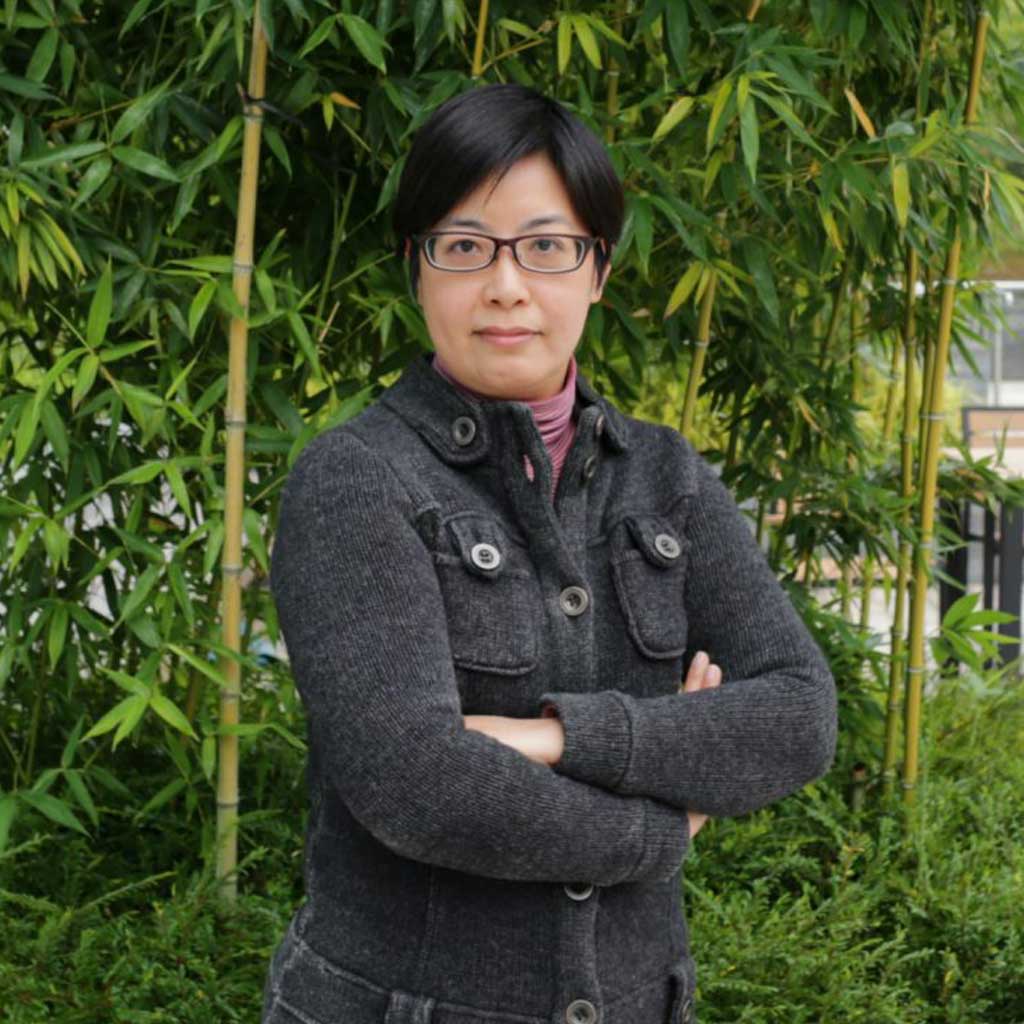
Dr HUNG Po Wah, Eva(孔寶華博士)
Associate Professor
Programme Director of MSocSc-PPRG Programme
Department of Social Science
Director of Centre for Public Policy Research
Programme Director of MSocSc-PPRG Programme
Department of Social Science
Director of Centre for Public Policy Research
Email : evahung@hsu.edu.hk
Tel : (852) 3963 5389
mr ian lam 林英源先生 part-time lecturer
department of supply chain and information management

Mr Ian LAM(林英源先生)
Part-time Lecturer
Department of Supply Chain and Information Management
Department of Supply Chain and Information Management
Email : ianlam@hsu.edu.hk
mr ip ho kin, honic 葉浩堅先生 part-time lecturer
school of translation and foreign languages
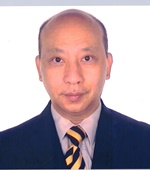
Mr IP Ho Kin, Honic(葉浩堅先生)
Part-time Lecturer
School of Translation and Foreign Languages
School of Translation and Foreign Languages
Email : honicip@hsu.edu.hk
mr ip wai kwok, william 葉衛國先生 adjunct assistant professor
school of translation and foreign languages
honorary director, hsmc business translation centre

Mr IP Wai Kwok, William(葉衛國先生)
Adjunct Assistant Professor
School of Translation and Foreign Languages
Honorary Director, HSMC Business Translation Centre
School of Translation and Foreign Languages
Honorary Director, HSMC Business Translation Centre
Email : williamip@hsu.edu.hk
Tel : (852) 3963 5544
dr irene brigitta littig lecturer (part-time)
school of translation and foreign languages

Dr Irene Brigitta LITTIG
Lecturer (Part-time)
School of Translation and Foreign Languages
School of Translation and Foreign Languages
Email : irenelittig@hsu.edu.hk
dr irma gloria su cabada 蘇麗娥博士 lecturer (part-time)
school of translation and foreign languages
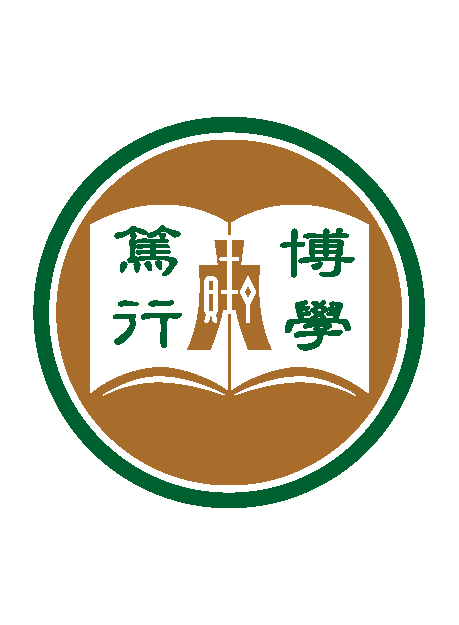
Dr Irma Gloria SU CABADA(蘇麗娥博士)
Lecturer (Part-time)
School of Translation and Foreign Languages
School of Translation and Foreign Languages
Email : gloriasucabada@hsu.edu.hk
dr james cheong 張俊獅博士 associate professor
department of economics and finance

Dr James CHEONG(張俊獅博士)
Associate Professor
Department of Economics and Finance
Department of Economics and Finance
Email : jamescheong@hsu.edu.hk
Tel : (852) 3963 5264
dr jason liao 廖嘉睿博士 associate professor (practice)
associate programme director of bba-faft/ bba-fa programme
department of economics and finance
office: d731
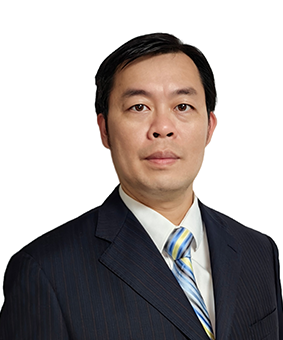
Dr Jason Liao(廖嘉睿博士)
Associate Professor (Practice)
Associate Programme Director of BBA-FAFT/ BBA-FA Programme
Department of Economics and Finance
Office: D731
Associate Programme Director of BBA-FAFT/ BBA-FA Programme
Department of Economics and Finance
Office: D731
Email : jasonliao@hsu.edu.hk
Tel : 3963 5144
mr jason wong 黃文俊先生 lecturer (part-time)
department of management

Mr Jason WONG(黃文俊先生)
Lecturer (Part-time)
Department of Management
Department of Management
Email : wongjason@hsu.edu.hk
dr jay parker associate professor
programme director of ma-gelcs programme
department of english

Dr Jay PARKER
Associate Professor
Programme Director of MA-GELCS Programme
Department of English
Programme Director of MA-GELCS Programme
Department of English
Email : jayparker@hsu.edu.hk
Tel : (852) 3963 5589
dr jennifer lau 劉書琦博士 associate programme director of msc-em programme
lecturer
department of marketing

Dr Jennifer LAU(劉書琦博士)
Associate Programme Director of MSc-EM Programme
Lecturer
Department of Marketing
Lecturer
Department of Marketing
Email : jenniferlau@hsu.edu.hk
Tel : (852) 3963 5090
dr jerry cao 曹夏平 associate professor
associate director (administration and knowledge transfer) of research centre for esg
department of economics and finance

Dr Jerry CAO(曹夏平)
Associate Professor
Associate Director (Administration and Knowledge Transfer) of Research Centre for ESG
Department of Economics and Finance
Associate Director (Administration and Knowledge Transfer) of Research Centre for ESG
Department of Economics and Finance
Email : jerrycao@hsu.edu.hk
Tel : 3963 5688
dr jessie cheung 張詩婷博士 assistant professor
department of management

Dr Jessie CHEUNG(張詩婷博士)
Assistant Professor
Department of Management
Department of Management
Email : jessiecheung@hsu.edu.hk
Tel : (852) 39635499
dr jody wong 王賢儀博士 bba-gbm programme director; mba (in chinese) associate programme director, school of business
senior lecturer
department of management

Dr Jody WONG(王賢儀博士)
BBA-GBM Programme Director; MBA (in Chinese) Associate Programme Director, School of Business
Senior Lecturer
Department of Management
Senior Lecturer
Department of Management
Email : jodywong@hsu.edu.hk
Tel : (852)3963 5678
dr johnny kwok 郭錦康博士 senior lecturer
department of economics and finance

Dr Johnny KWOK(郭錦康博士)
Senior Lecturer
Department of Economics and Finance
Department of Economics and Finance
Email : johnnykwok@hsu.edu.hk
Tel : (852) 3963 5453
mr jonathan li tsun-kit 李駿傑先生 lecturer

Mr JONATHAN LI TSUN-KIT(李駿傑先生)
Lecturer
Email : jonathanli@hsu.edu.hk
Tel : 3963 5133
ms julie lee lecturer (part-time)
department of management

Ms Julie LEE
Lecturer (Part-time)
Department of Management
Department of Management
Email : jiyeonlee@hsu.edu.hk
ms kam kit lo, vivian 甘潔露女士 part-time lecturer
school of communication

Ms Kam Kit Lo, Vivian(甘潔露女士)
Part-time Lecturer
School of Communication
School of Communication
Email : viviankam@hsu.edu.hk
professor kao lang 高朗教授 head and professor
programme director of bsocsc-as programme
department of social science
director of centre for greater china studies

Professor KAO Lang(高朗教授)
Head and Professor
Programme Director of BSocSc-AS Programme
Department of Social Science
Director of Centre for Greater China Studies
Programme Director of BSocSc-AS Programme
Department of Social Science
Director of Centre for Greater China Studies
Email : lkao@hsu.edu.hk
Tel : (852) 3963 5362
dr karen yeung 楊筠瑜博士 senior lecturer
programme director of bba-gb programme
department of marketing
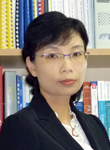
Dr Karen YEUNG(楊筠瑜博士)
Senior Lecturer
Programme Director of BBA-GB Programme
Department of Marketing
Programme Director of BBA-GB Programme
Department of Marketing
Email : karenyeung@hsu.edu.hk
Tel : (852) 3963 5141
dr kaylee kong 孔顥博士 bba-hrm programme director; bba-gbm associate programme director
assistant professor
department of management

Dr Kaylee KONG(孔顥博士)
BBA-HRM Programme Director; BBA-GBM Associate Programme Director
Assistant Professor
Department of Management
Assistant Professor
Department of Management
Email : hkong@hsu.edu.hk
Tel : (852) 3963 5265
dr kaz kwok 郭穎駿博士 associate head and associate professor
department of economics and finance

Dr Kaz KWOK(郭穎駿博士)
Associate Head and Associate Professor
Department of Economics and Finance
Department of Economics and Finance
Email : kazkwok@hsu.edu.hk
Tel : (852) 3963 5041
dr ke guoguo, rainie 柯果果博士 lecturer
school of transdisciplinary studies
graduate school

Dr KE Guoguo, Rainie(柯果果博士)
Lecturer
School of Transdisciplinary Studies
Graduate School
School of Transdisciplinary Studies
Graduate School
Email : rainieke@hsu.edu.hk
Tel : 39635746
dr kelvin ho kwok wai 何國偉博士 senior lecturer
associate programme director of msc-em programme
department of marketing
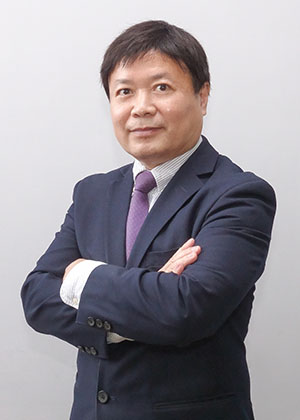
Dr Kelvin HO Kwok Wai(何國偉博士)
Senior Lecturer
Associate Programme Director of MSC-EM Programme
Department of Marketing
Associate Programme Director of MSC-EM Programme
Department of Marketing
Email : kelvinho@hsu.edu.hk
Tel : (852) 3963 5263
mr kenneth chan 陳偉傑先生 senior lecturer
department of economics and finance

Mr Kenneth CHAN(陳偉傑先生)
Senior Lecturer
Department of Economics and Finance
Department of Economics and Finance
Email : chanken@hsu.edu.hk
Tel : (852) 3963 5417
dr kenneth kwong 鄺家麒博士 assistant professor
programme director of msc-em programme
co-director of chinese family succession research centre
department of marketing
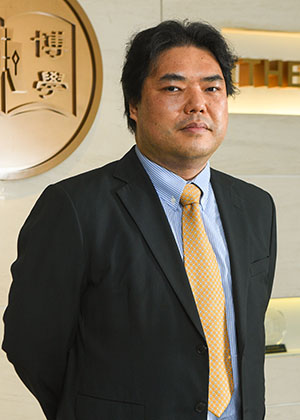
Dr Kenneth KWONG(鄺家麒博士)
Assistant Professor
Programme Director of MSc-EM Programme
Co-Director of Chinese Family Succession Research Centre
Department of Marketing
Programme Director of MSc-EM Programme
Co-Director of Chinese Family Succession Research Centre
Department of Marketing
Email : kennethkwong@hsu.edu.hk
Tel : (852) 3963 5588
dr kevin zeng 曾靖博士 assistant professor
associate programme director of bba-gb programme
department of marketing
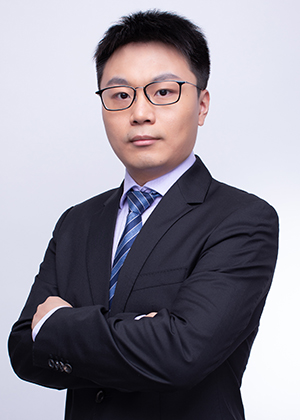
Dr Kevin ZENG(曾靖博士)
Assistant Professor
Associate Programme Director of BBA-GB Programme
Department of Marketing
Associate Programme Director of BBA-GB Programme
Department of Marketing
Email : kevinzeng@hsu.edu.hk
Tel : (852) 3963 5659
ms ko wai, elena 高蔚女士 senior lecturer
department of chinese

Ms KO Wai, Elena(高蔚女士)
Senior Lecturer
Department of Chinese
Department of Chinese
Email : elenako@hsu.edu.hk
Tel : (852) 3963 5403
dr kong ying yuk, amy 江影玉博士 senior lecturer
department of english
english language centre coordinator
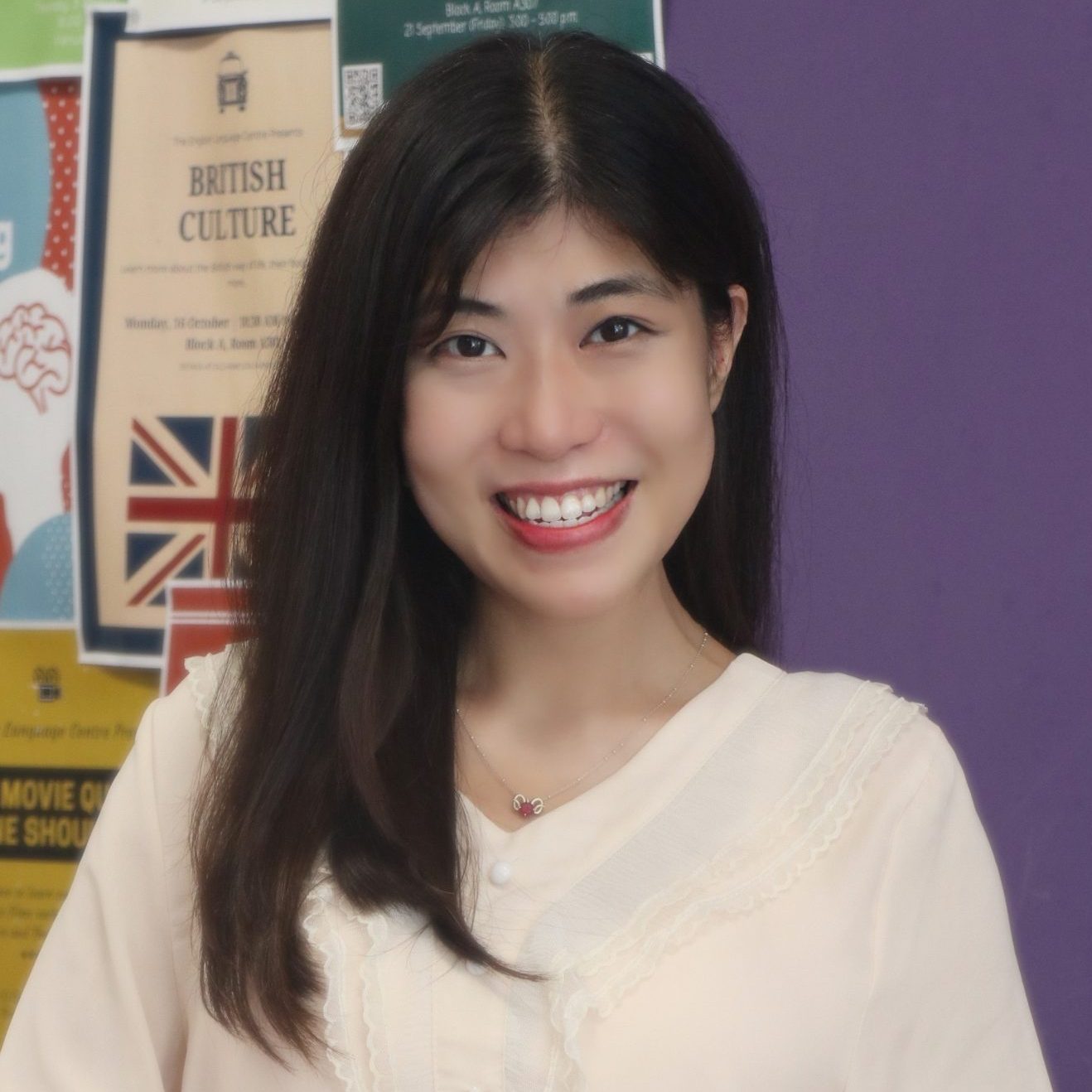
Dr KONG Ying Yuk, Amy(江影玉博士)
Senior Lecturer
Department of English
English Language Centre Coordinator
Department of English
English Language Centre Coordinator
Email : amykong@hsu.edu.hk
Tel : (852) 3963 5575
mr kuan yuk kin, piers 關育健先生 lecturer (part-time)
school of translation and foreign languages

Mr KUAN Yuk Kin, Piers(關育健先生)
Lecturer (Part-time)
School of Translation and Foreign Languages
School of Translation and Foreign Languages
Email : pierskuan@hsu.edu.hk
dr kwan ho chuen 關灝泉博士 lecturer (part-time)
school of translation and foreign languages
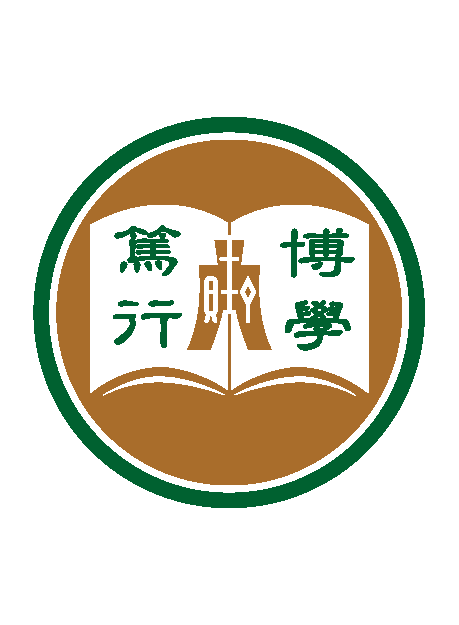
Dr Kwan Ho Chuen(關灝泉博士)
Lecturer (Part-time)
School of Translation and Foreign Languages
School of Translation and Foreign Languages
Email : hckwan@hsu.edu.hk
ms kwok ching fan, emilie 郭靜芬女士 lecturer (part-time)
school of translation and foreign languages
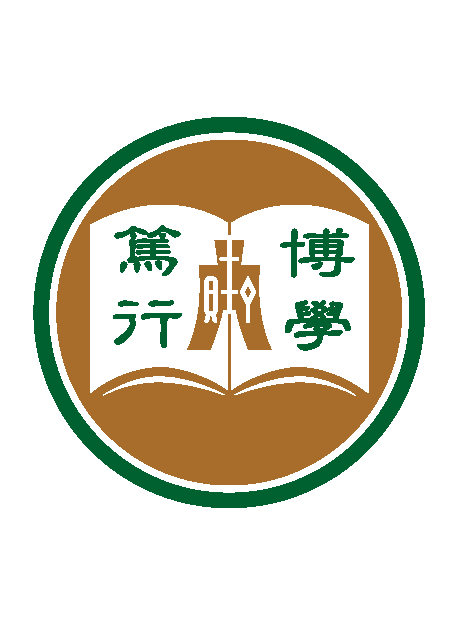
Ms KWOK Ching Fan, Emilie(郭靜芬女士)
Lecturer (Part-time)
School of Translation and Foreign Languages
School of Translation and Foreign Languages
dr kwok sze wing 郭詩詠博士 associate professor
associate programme director of ba-chi programme
department of chinese

Dr KWOK Sze Wing(郭詩詠博士)
Associate Professor
Associate Programme Director of BA-CHI Programme
Department of Chinese
Associate Programme Director of BA-CHI Programme
Department of Chinese
Email : swkwok@hsu.edu.hk
Tel : (852) 3963 5286
dr kwok yuen fan 范國源博士 assistant professor
department of economics and finance

Dr Kwok Yuen FAN(范國源博士)
Assistant Professor
Department of Economics and Finance
Department of Economics and Finance
Email : kyfan@hsu.edu.hk
Tel : (852) 3963 5027
dr kwok yuk sim, betty 郭玉嬋博士 adjunct associate professor (part-time)
department of accountancy

Dr KWOK Yuk Sim, Betty(郭玉嬋博士)
Adjunct Associate Professor (Part-time)
Department of Accountancy
Department of Accountancy
Email : bettykwok@hsu.edu.hk
dr kwong chun man kevin 鄺雋文博士 lecturer
department of social science

Dr KWONG Chun Man Kevin(鄺雋文博士)
Lecturer
Department of Social Science
Department of Social Science
Email : kevinkwong@hsu.edu.hk
Tel : (852) 3963 5694
dr kwong ying ho 鄺英豪博士 assistant professor
department of social science

Dr KWONG Ying Ho(鄺英豪博士)
Assistant Professor
Department of Social Science
Department of Social Science
Email : yhkwong@hsu.edu.hk
Tel : (852)3963 5224
mr lam cheuk ming, sam 林卓銘先生 part-time lecturer
school of communication

Mr LAM Cheuk Ming, Sam(林卓銘先生)
Part-time Lecturer
School of Communication
School of Communication
Email : samlam@hsu.edu.hk
dr lam hoi yan, cathy 藍凱欣博士 assistant professor
bmsim & bsc-baim associate programme director
department of supply chain and information management
director of big data intelligence centre

Dr LAM Hoi Yan, Cathy(藍凱欣博士)
Assistant Professor
BMSIM & BSc-BAIM Associate Programme Director
Department of Supply Chain and Information Management
Director of Big Data Intelligence Centre
BMSIM & BSc-BAIM Associate Programme Director
Department of Supply Chain and Information Management
Director of Big Data Intelligence Centre
Email : cathylam@hsu.edu.hk
Tel : (852) 3963 5639
mr lam ping him, vincent 林秉謙先生 part-time lecturer
department of supply chain and information management

Mr LAM Ping Him, Vincent(林秉謙先生)
Part-time Lecturer
Department of Supply Chain and Information Management
Department of Supply Chain and Information Management
Email : vincentlam@hsu.edu.hk
mr lam ping wah, timothy 林柄華先生 part-time lecturer
department of supply chain and information management
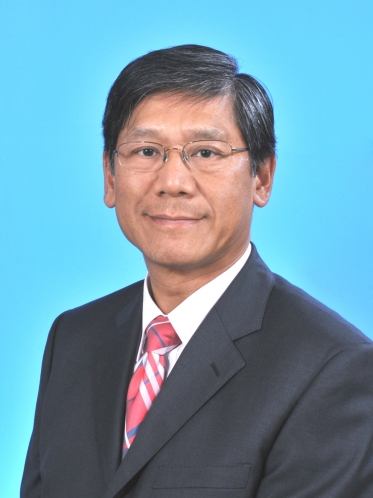
Mr LAM Ping Wah, Timothy(林柄華先生)
Part-time Lecturer
Department of Supply Chain and Information Management
Department of Supply Chain and Information Management
Email : timothylam@hsu.edu.hk
dr lam shu yan, benson 林樹仁博士 associate professor
department of mathematics, statistics and insurance
associate director of big data intelligence centre

Dr LAM Shu Yan, Benson(林樹仁博士)
Associate Professor
Department of Mathematics, Statistics and Insurance
Associate Director of Big Data Intelligence Centre
Department of Mathematics, Statistics and Insurance
Associate Director of Big Data Intelligence Centre
Email : bensonlam@hsu.edu.hk
Tel : (852) 3963 5450
dr lam siu keung, elman 林紹強博士 part-time lecturer
department of supply chain and information management

Dr LAM Siu Keung, Elman(林紹強博士)
Part-time Lecturer
Department of Supply Chain and Information Management
Department of Supply Chain and Information Management
Email : elmanlam@hsu.edu.hk
dr lam wing kin 林永堅博士 senior lecturer
department of chinese
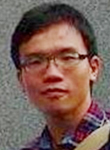
Dr LAM Wing Kin(林永堅博士)
Senior Lecturer
Department of Chinese
Department of Chinese
Email : wklam@hsu.edu.hk
Tel : (852) 3963 5111
professor lau pak lung, victor 劉柏能教授 associate dean (taught postgraduate programmes); mba (in chinese) programme director, school of business
professor
department of management

Professor LAU Pak Lung, Victor(劉柏能教授)
Associate Dean (Taught Postgraduate Programmes); MBA (in Chinese) Programme Director, School of Business
Professor
Department of Management
Professor
Department of Management
Email : victorlau@hsu.edu.hk
Tel : (852) 3963 5460
ms lau wai 劉慧女士 senior lecturer
department of chinese

Ms LAU Wai(劉慧女士)
Senior Lecturer
Department of Chinese
Department of Chinese
Email : wailau@hsu.edu.hk
Tel : (852) 3963 5567
ms laura cavanna senior lecturer
department of art and design

Ms Laura CAVANNA
Senior Lecturer
Department of Art and Design
Department of Art and Design
Email : lauracavanna@hsu.edu.hk
Tel : (852) 3963 5797
mr law chi fai, gideon 羅志輝先生 part-time lecturer
school of communication
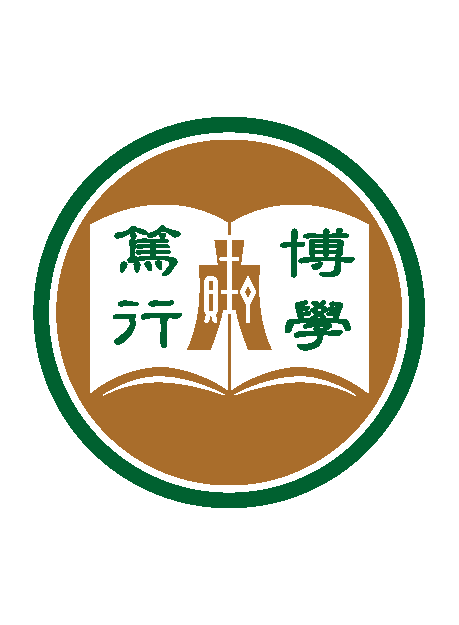
Mr LAW Chi Fai, Gideon(羅志輝先生)
Part-time Lecturer
School of Communication
School of Communication
Email : gideonlaw@hsu.edu.hk
mr law sau wang alexander 羅守弘先生 adjunct professor
school of humanities and social science
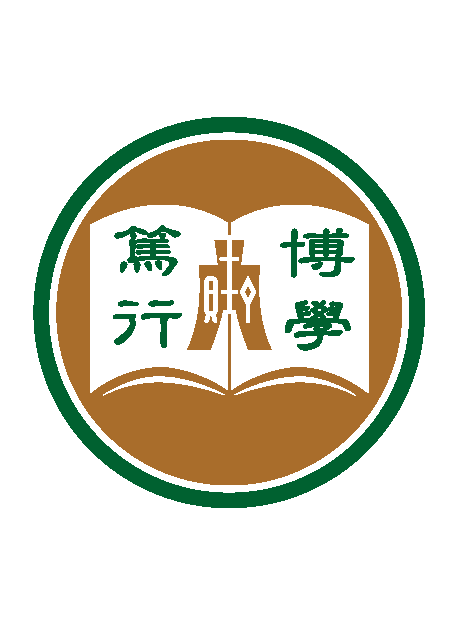
Mr LAW Sau Wang Alexander(羅守弘先生)
Adjunct Professor
School of Humanities and Social Science
School of Humanities and Social Science
Email : alexanderswlaw@hsu.edu.hk
ms law suk yi, doris 羅淑儀女士 senior lecturer
school of communication

Ms Law Suk Yi, Doris(羅淑儀女士)
Senior Lecturer
School of Communication
School of Communication
Email : dorislaw@hsu.edu.hk
Tel : 3963 5448
mr lee chung wah, roger 李宗華先生 lecturer (part-time)
school of translation and foreign languages

Mr LEE Chung Wah, Roger(李宗華先生)
Lecturer (Part-time)
School of Translation and Foreign Languages
School of Translation and Foreign Languages
Email : rogerlee@hsu.edu.hk
ms lee hau yee, joey 李巧兒女士 associate head and senior lecturer
department of accountancy
associate programme director of bba-pa programme

Ms LEE Hau Yee, Joey(李巧兒女士)
Associate Head and Senior Lecturer
Department of Accountancy
Associate Programme Director of BBA-PA Programme
Department of Accountancy
Associate Programme Director of BBA-PA Programme
Email : joeylee@hsu.edu.hk
Tel : (852) 3963 5469
dr lee mui fong, heather 李梅芳博士 associate professor
department of accountancy
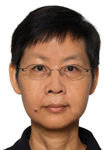
Dr LEE Mui Fong, Heather(李梅芳博士)
Associate Professor
Department of Accountancy
Department of Accountancy
Email : heatherlee@hsu.edu.hk
Tel : (852) 3963 5259
professor lee tien sheng 李天生教授 professor emeritus
department of supply chain and information management
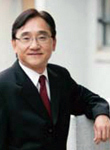
Professor LEE Tien Sheng(李天生教授)
Professor Emeritus
Department of Supply Chain and Information Management
Department of Supply Chain and Information Management
dr lee wai choi 李煒才博士 senior lecturer
department of economics and finance

Dr LEE Wai Choi(李煒才博士)
Senior Lecturer
Department of Economics and Finance
Department of Economics and Finance
Email : wclee@hsu.edu.hk
Tel : (852) 3963 5419
mr lee wai yip, harry 李偉業先生 senior lecturer
associate programme director (business logistics) of bba-scm programme
department of supply chain and information management

Mr LEE Wai Yip, Harry(李偉業先生)
Senior Lecturer
Associate Programme Director (Business Logistics) of BBA-SCM Programme
Department of Supply Chain and Information Management
Associate Programme Director (Business Logistics) of BBA-SCM Programme
Department of Supply Chain and Information Management
Email : harrylee@hsu.edu.hk
Tel : (852) 3963 5250
dr lei hong weng, lawrence 李康頴博士 assistant professor
department of accountancy
director of start-up and sme resources centre

Dr LEI Hong Weng, Lawrence(李康頴博士)
Assistant Professor
Department of Accountancy
Director of Start-up and SME Resources Centre
Department of Accountancy
Director of Start-up and SME Resources Centre
Email : lawrencelei@hsu.edu.hk
Tel : (852) 3963 5431
professor leung chi kin, lawrence 梁志堅教授 professor emeritus
department of supply chain and information management

Professor LEUNG Chi Kin, Lawrence(梁志堅教授)
Professor Emeritus
Department of Supply Chain and Information Management
Department of Supply Chain and Information Management
Email : lleung@hsu.edu.hk
Tel : (852) 3963 5371
mr leung chun long, lawrence 梁峻朗先生 senior lecturer
school of translation and foreign languages
associate programme director of bachelor of translation with business programme

Mr LEUNG Chun Long, Lawrence(梁峻朗先生)
Senior Lecturer
School of Translation and Foreign Languages
Associate Programme Director of Bachelor of Translation with Business Programme
School of Translation and Foreign Languages
Associate Programme Director of Bachelor of Translation with Business Programme
Email : lawrenceleung@hsu.edu.hk
Tel : (852) 3963 5504
dr leung ho yee, chloe 梁皓怡博士 assistant professor

Dr LEUNG Ho Yee, Chloe(梁皓怡博士)
Assistant Professor
Email : chloeleung@hsu.edu.hk
Tel : (852) 3963 5414
dr leung kin wai, angelo 梁健尉博士 lecturer
department of social science
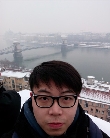
Dr LEUNG Kin Wai, Angelo(梁健尉博士)
Lecturer
Department of Social Science
Department of Social Science
Email : angeloleung@hsu.edu.hk
Tel : (852) 3963 5483
dr leung king tai, jacky 梁景泰博士 senior lecturer
associate programme director (student) of bsc-dsbi programme
department of mathematics, statistics and insurance

Dr LEUNG King Tai, Jacky(梁景泰博士)
Senior Lecturer
Associate Programme Director (Student) of BSc-DSBI Programme
Department of Mathematics, Statistics and Insurance
Associate Programme Director (Student) of BSc-DSBI Programme
Department of Mathematics, Statistics and Insurance
Email : jackyleung@hsu.edu.hk
Tel : (852) 3963 5107
mr leung mong sum, joseph 梁望琛先生 assistant professor
department of art and design

Mr LEUNG Mong Sum, Joseph(梁望琛先生)
Assistant Professor
Department of Art and Design
Department of Art and Design
Email : josephleung@hsu.edu.hk
Tel : (852) 3963 5786
dr leung yan yan ann 梁欣欣博士 part-time lecturer
school of communication
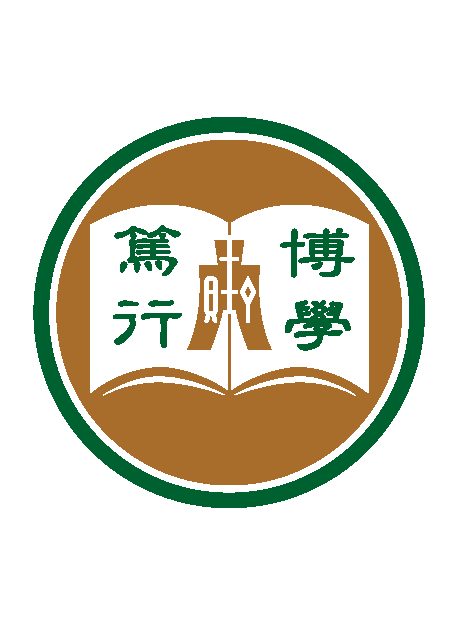
Dr LEUNG Yan Yan Ann(梁欣欣博士)
Part-time Lecturer
School of Communication
School of Communication
Email : annleung@hsu.edu.hk
ms leung yuen shan, ivy 梁苑姍女士 senior lecturer
department of accountancy
associate director of start-up and sme resources centre

Ms LEUNG Yuen Shan, Ivy(梁苑姍女士)
Senior Lecturer
Department of Accountancy
Associate Director of Start-up and SME Resources Centre
Department of Accountancy
Associate Director of Start-up and SME Resources Centre
Email : ivyleung@hsu.edu.hk
Tel : (852) 3963 5621
dr lexie huang 黃嵐博士 assistant professor
department of marketing

Dr Lexie HUANG(黃嵐博士)
Assistant Professor
Department of Marketing
Department of Marketing
Email : lexiehuang@hsu.edu.hk
Tel : (852) 3963 5388
mr li chak tung, elson 李澤彤先生 part-time lecturer
school of communication
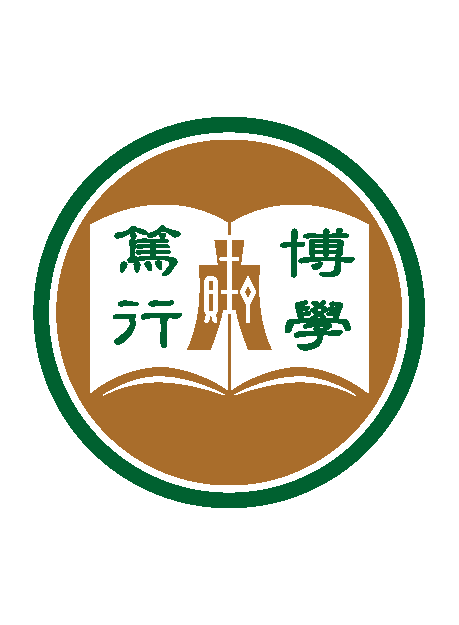
Mr LI Chak Tung, Elson(李澤彤先生)
Part-time Lecturer
School of Communication
School of Communication
Email : elsonli@hsu.edu.hk
mr li chi kin, earnest 李志堅先生 part-time lecturer
school of communication

Mr LI Chi Kin, Earnest(李志堅先生)
Part-time Lecturer
School of Communication
School of Communication
Email : earnestli@hsu.edu.hk
ms li chun hung 李春紅女士 senior lecturer
department of chinese

Ms LI Chun Hung(李春紅女士)
Senior Lecturer
Department of Chinese
Department of Chinese
Email : chli@hsu.edu.hk
Tel : (852) 3963 5402
ms li hon ling, regina 李翰玲女士 part-time lecturer
department of supply chain and information management

Ms LI Hon Ling, Regina(李翰玲女士)
Part-time Lecturer
Department of Supply Chain and Information Management
Department of Supply Chain and Information Management
Email : reginali@hsu.edu.hk
dr li jingzong 李敬宗博士 assistant professor
department of computer science

Dr LI Jingzong(李敬宗博士)
Assistant Professor
Department of Computer Science
Department of Computer Science
Email : jingzongli@hsu.edu.hk
Tel : (852) 3963 5740
dr li kexing lecturer (part-time)
school of translation and foreign languages

Dr LI Kexing
Lecturer (Part-time)
School of Translation and Foreign Languages
School of Translation and Foreign Languages
Email : kli@hsu.edu.hk
mr li kin man, simon 李健文先生 part-time lecturer

Mr Li Kin Man, Simon(李健文先生)
Part-time Lecturer
Email : lisimon@hsu.edu.hk
dr li king king 李景景博士 associate professor
associate programme director of mbm programme
programme director of bba-econ programme
department of economics and finance

Dr Li King King(李景景博士)
Associate Professor
Associate Programme Director of MBM Programme
Programme Director of BBA-ECON programme
Department of Economics and Finance
Associate Programme Director of MBM Programme
Programme Director of BBA-ECON programme
Department of Economics and Finance
Email : kkli@hsu.edu.hk
Tel : 3963 5092
dr li man kong, chris 李敏剛博士 assistant professor
associate programme director of bsocsc-ppe programme
department of social science
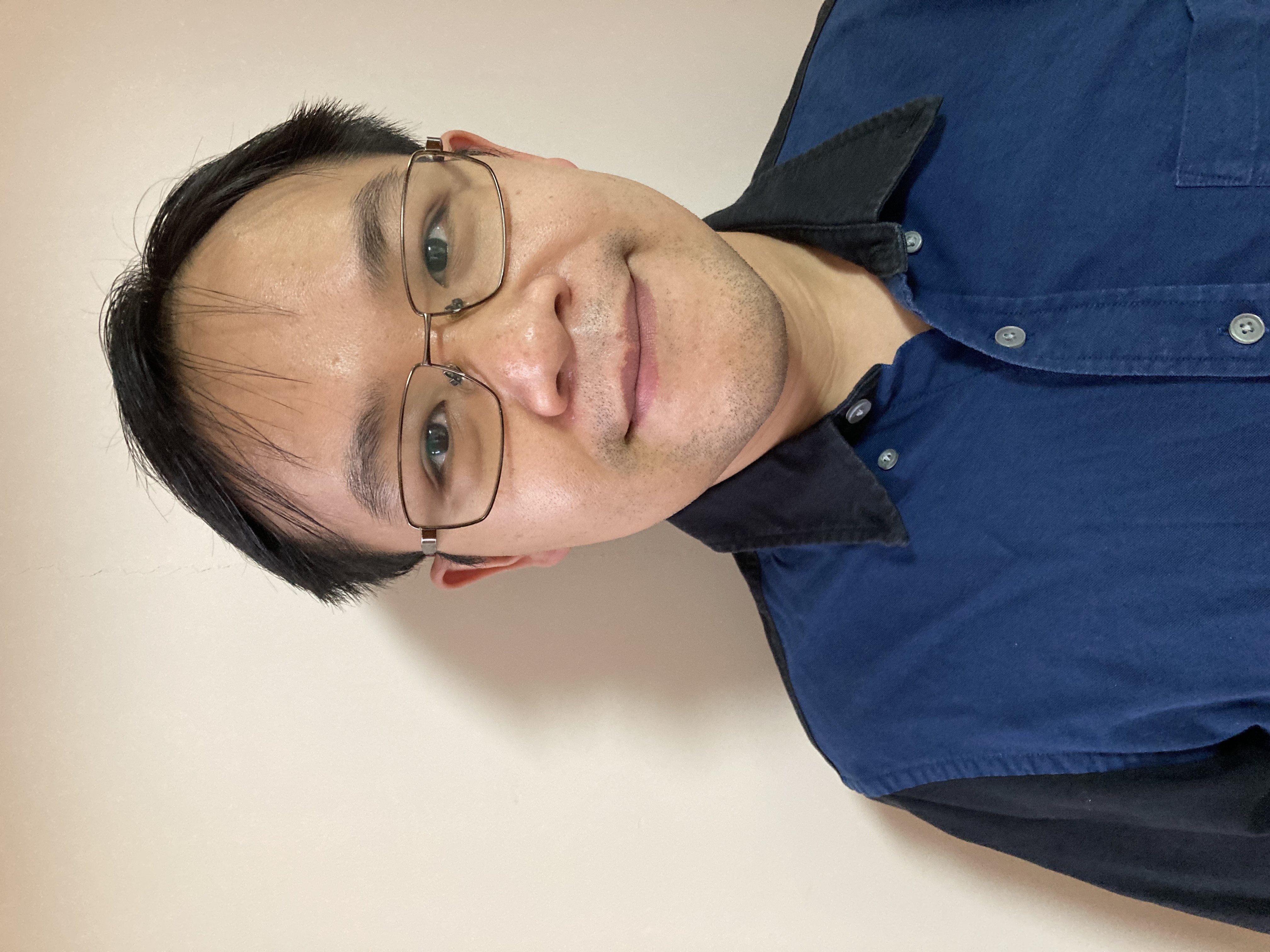
Dr LI Man Kong, Chris(李敏剛博士)
Assistant Professor
Associate Programme Director of BSocSc-PPE Programme
Department of Social Science
Associate Programme Director of BSocSc-PPE Programme
Department of Social Science
Email : chrisli@hsu.edu.hk
Tel : (852) 3963 5668
dr li qingwei 李青蔚博士 assistant professor
department of management

Dr Li Qingwei(李青蔚博士)
Assistant Professor
Department of Management
Department of Management
Email : qli@hsu.edu.hk
Tel : (852) 39635497
dr li tan 李檀博士 assistant professor
department of computer science
associate director of big data intelligence centre

Dr LI Tan(李檀博士)
Assistant Professor
Department of Computer Science
Associate Director of Big Data Intelligence Centre
Department of Computer Science
Associate Director of Big Data Intelligence Centre
Email : tanli@hsu.edu.hk
Tel : (852) 3963 5702
dr lie kin pou, leo 李健豹博士 assistant professor
programme director of ba-psy programme
department of social science

Dr LIE Kin Pou, Leo(李健豹博士)
Assistant Professor
Programme Director of BA-PSY Programme
Department of Social Science
Programme Director of BA-PSY Programme
Department of Social Science
Email : leolie@hsu.edu.hk
Tel : (852) 3963 5494
ms lin yuqing, alina 林愉青女士 lecturer
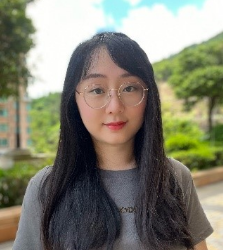
Ms LIN Yuqing, Alina(林愉青女士)
Lecturer
Email : alinalin@hsu.edu.hk
Tel : (852) 3963 5408
dr linda wang 王暢博士 head and associate professor
department of management

Dr Linda WANG(王暢博士)
Head and Associate Professor
Department of Management
Department of Management
Email : lindawang@hsu.edu.hk
Tel : (852) 3963 5765
dr ling chung wing 凌頌榮博士 assistant professor
department of chinese

Dr LING Chung Wing(凌頌榮博士)
Assistant Professor
Department of Chinese
Department of Chinese
Email : cwling@hsu.edu.hk
Tel : (852) 3963 5287
dr lisa goh 吳麗莎博士 associate professor
programme director of bba-cgc programme
department of accountancy

Dr Lisa GOH(吳麗莎博士)
Associate Professor
Programme Director of BBA-CGC Programme
Department of Accountancy
Programme Director of BBA-CGC Programme
Department of Accountancy
Email : lisagoh@hsu.edu.hk
Tel : (852) 3963 5086
professor liu hai 劉海教授 associate dean (research), school of decision science
head and professor, department of computer science

Professor LIU Hai(劉海教授)
Associate Dean (Research), School of Decision Science
Head and Professor, Department of Computer Science
Head and Professor, Department of Computer Science
Email : hliu@hsu.edu.hk
Tel : (852) 3963 5375
dr liu junxia, julia 劉軍霞博士 associate head and assistant professor
department of accountancy

Dr LIU Junxia, Julia(劉軍霞博士)
Associate Head and Assistant Professor
Department of Accountancy
Department of Accountancy
Email : julialiu@hsu.edu.hk
Tel : (852) 3963 5270
dr liu nga wai, william 廖雅威博士 lecturer
department of mathematics, statistics and insurance
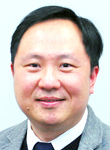
Dr LIU Nga Wai, William(廖雅威博士)
Lecturer
Department of Mathematics, Statistics and Insurance
Department of Mathematics, Statistics and Insurance
Email : williamliu@hsu.edu.hk
Tel : (852) 3963 5361
mr lo lun fai, alan 羅倫輝先生 part-time lecturer
department of supply chain and information management

Mr LO Lun Fai, Alan(羅倫輝先生)
Part-time Lecturer
Department of Supply Chain and Information Management
Department of Supply Chain and Information Management
Email : alanlo@hsu.edu.hk
dr lo wai lam, william 盧威林博士 part-time lecturer
department of supply chain and information management
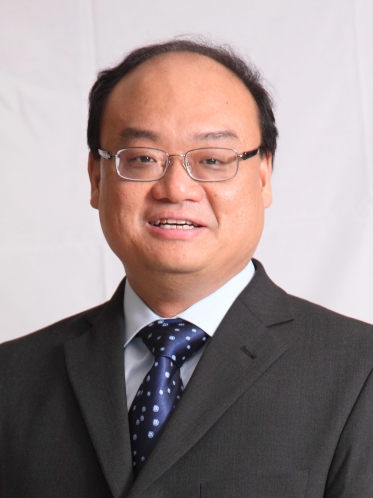
Dr LO Wai Lam, William(盧威林博士)
Part-time Lecturer
Department of Supply Chain and Information Management
Department of Supply Chain and Information Management
Email : williamlo@hsu.edu.hk
dr lo wai luk 盧偉力博士 adjunct professor
school of humanities and social science
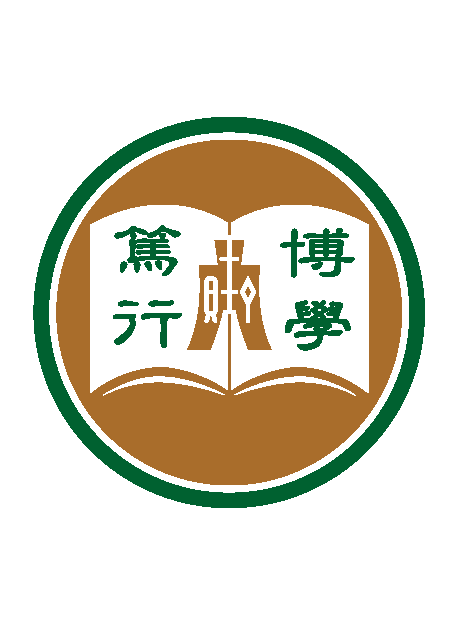
Dr LO Wai Luk(盧偉力博士)
Adjunct Professor
School of Humanities and Social Science
School of Humanities and Social Science
Email : wllo@hsu.edu.hk
professor louis cheng 鄭子云教授 dr s h ho professor of banking and finance
associate dean (research), school of business
director of research centre for esg
department of economics and finance

Professor Louis CHENG(鄭子云教授)
Dr S H Ho Professor of Banking and Finance
Associate Dean (Research), School of Business
Director of Research Centre for ESG
Department of Economics and Finance
Associate Dean (Research), School of Business
Director of Research Centre for ESG
Department of Economics and Finance
Email : louischeng@hsu.edu.hk
Tel : (852) 3963 5029
dr lu yuanhang, kevin 盧遠航博士 part-time lecturer
school of communication
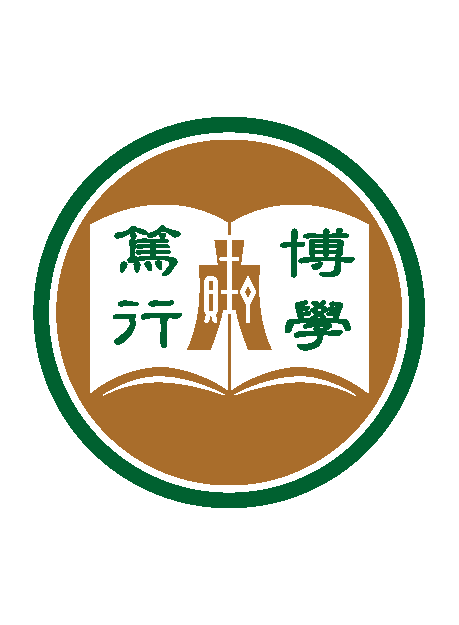
Dr LU Yuanhang, Kevin(盧遠航博士)
Part-time Lecturer
School of Communication
School of Communication
Email : kevinlu@hsu.edu.hk
mr luk chun to 陸俊陶先生 lecturer
department of social science

Mr LUK Chun To(陸俊陶先生)
Lecturer
Department of Social Science
Department of Social Science
Email : rogerluk@hsu.edu.hk
Tel : (852) 3963 5787
dr luk koon yung, fred 陸觀勇博士 senior lecturer
school of communication
director of centre for communication studies

Dr LUK Koon Yung, Fred(陸觀勇博士)
Senior Lecturer
School of Communication
Director of Centre for Communication Studies
School of Communication
Director of Centre for Communication Studies
Email : fredluk@hsu.edu.hk
Tel : (852) 3963 5452
professor luk yun tong, thomas 陸潤棠教授 professor emeritus
department of english

Professor LUK Yun Tong, Thomas(陸潤棠教授)
Professor Emeritus
Department of English
Department of English
Email : thomasluk@hsu.edu.hk
dr luo guo 羅果博士 assistant professor
associate programme director (mainland) of bsc-ain programme
department of mathematics, statistics and insurance
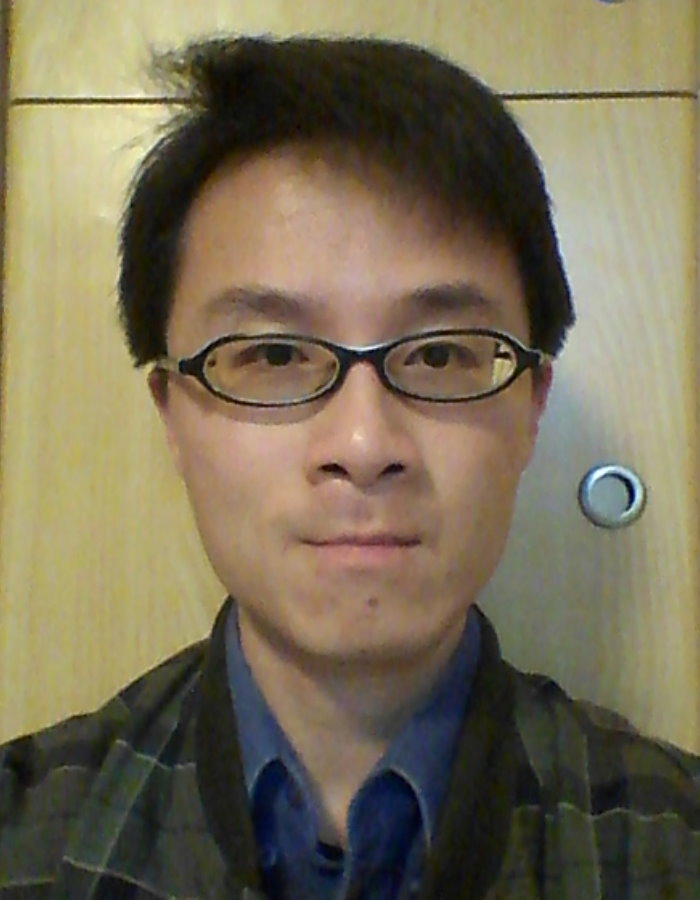
Dr LUO Guo(羅果博士)
Assistant Professor
Associate Programme Director (Mainland) of BSc-AIN Programme
Department of Mathematics, Statistics and Insurance
Associate Programme Director (Mainland) of BSc-AIN Programme
Department of Mathematics, Statistics and Insurance
Email : gluo@hsu.edu.hk
Tel : (852) 3963 5032
dr ma hoi lam, helen 馬凱琳博士 associate head and associate professor
associate programme director (air transport) of bba-scm programme
department of supply chain and information management

Dr MA Hoi Lam, Helen(馬凱琳博士)
Associate Head and Associate Professor
Associate Programme Director (Air Transport) of BBA-SCM Programme
Department of Supply Chain and Information Management
Associate Programme Director (Air Transport) of BBA-SCM Programme
Department of Supply Chain and Information Management
Email : helenma@hsu.edu.hk
Tel : (852) 3963 5571
dr ma jing jing, maggie 馬晶靜博士 associate professor
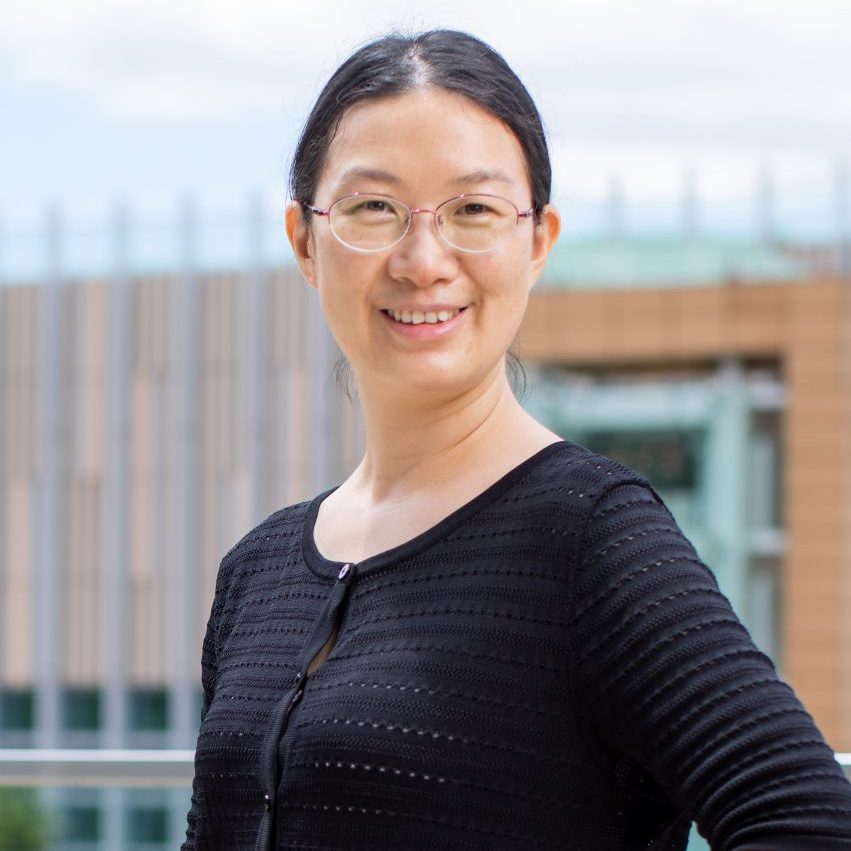
Dr MA Jing Jing, Maggie(馬晶靜博士)
Associate Professor
Email : maggiema@hsu.edu.hk
Tel : (852) 3963 5590
professor ma ka chun, alfred 馬家俊教授 adjunct professor
department of economics and finance

Professor MA Ka Chun, Alfred(馬家俊教授)
Adjunct Professor
Department of Economics and Finance
Department of Economics and Finance
Email : alfredma@hsu.edu.hk
dr ma kuen fong, beatrice 馬冠芳博士 senior lecturer
department of english
director of english language centre

Dr MA Kuen Fong, Beatrice(馬冠芳博士)
Senior Lecturer
Department of English
Director of English Language Centre
Department of English
Director of English Language Centre
Email : beatricema@hsu.edu.hk
Tel : (852) 3963 5508
mr ma wai yip, rex 馬維業先生 part-time lecturer
school of communication

Mr Ma Wai Yip, Rex(馬維業先生)
Part-time Lecturer
School of Communication
School of Communication
Email : rexma@hsu.edu.hk
dr ma wen 馬文博士 lecturer
department of computer science

Dr MA Wen(馬文博士)
Lecturer
Department of Computer Science
Department of Computer Science
Email : wenma@hsu.edu.hk
Tel : (852) 3963 5099
dr ma yu tak, chris 馬裕得博士 associate head and assistant professor
department of computer science
associate programme director of bsc-ac/ ba-ahcc programme

Dr MA Yu Tak, Chris(馬裕得博士)
Associate Head and Assistant Professor
Department of Computer Science
Associate Programme Director of BSc-AC/ BA-AHCC Programme
Department of Computer Science
Associate Programme Director of BSc-AC/ BA-AHCC Programme
Email : chrisma@hsu.edu.hk
Tel : (852) 39635349
ms margaret tsau 周子敏女士 lecturer (part-time)
school of translation and foreign languages

Ms Margaret TSAU(周子敏女士)
Lecturer (Part-time)
School of Translation and Foreign Languages
School of Translation and Foreign Languages
Email : margarettsau@hsu.edu.hk
ms maria jose pareja lopez lecturer (part-time)
school of translation and foreign languages

Ms Maria Jose PAREJA LOPEZ
Lecturer (Part-time)
School of Translation and Foreign Languages
School of Translation and Foreign Languages
Email : mariaparejalopez@hsu.edu.hk
professor mark shuttleworth 夏致遠教授 dean and professor
school of translation and foreign languages

Professor Mark SHUTTLEWORTH(夏致遠教授)
Dean and Professor
School of Translation and Foreign Languages
School of Translation and Foreign Languages
Email : markshut@hsu.edu.hk
Tel : (852) 3963 5102
dr miguel antonio nograles lizada lecturer
department of english

Dr Miguel Antonio Nograles LIZADA
Lecturer
Department of English
Department of English
Email : miguellizada@hsu.edu.hk
Tel : (852) 3963 5175
ms mo lai ching jessica 毛麗清女士 lecturer
department of social science

Ms MO Lai Ching Jessica(毛麗清女士)
Lecturer
Department of Social Science
Department of Social Science
Email : jessicamo@hsu.edu.hk
Tel : (852)3963 5664
professor mo yiu wing, daniel 巫耀榮教授 professor
msc-ditm programme director
department of supply chain and information management
associate dean (engagement and undergraduate studies) of school of decision sciences

Professor MO Yiu Wing, Daniel(巫耀榮教授)
Professor
MSc-DITM Programme Director
Department of Supply Chain and Information Management
Associate Dean (Engagement and Undergraduate Studies) of School of Decision Sciences
MSc-DITM Programme Director
Department of Supply Chain and Information Management
Associate Dean (Engagement and Undergraduate Studies) of School of Decision Sciences
Email : danielmo@hsu.edu.hk
Tel : (852) 3963 5239
dr mok kin wai, patrick 莫健偉博士 assistant professor
associate programme director of ba-cci programme
associate programme director of ma-chm programme
department of art and design

Dr MOK Kin Wai, Patrick(莫健偉博士)
Assistant Professor
Associate Programme Director of BA-CCI Programme
Associate Programme Director of MA-CHM Programme
Department of Art and Design
Associate Programme Director of BA-CCI Programme
Associate Programme Director of MA-CHM Programme
Department of Art and Design
Email : patrickmok@hsu.edu.hk
Tel : (852) 3963 5562
dr monica tang 鄧慧敏博士 lecturer (part-time)
department of management

Dr Monica TANG(鄧慧敏博士)
Lecturer (Part-time)
Department of Management
Department of Management
Email : monicatang@hsu.edu.hk
dr morgan yang 楊鑫博士 associate professor
associate programme director of bba-mkt programme
associate programme director of mbm programme
department of marketing

Dr Morgan YANG(楊鑫博士)
Associate Professor
Associate Programme Director of BBA-MKT Programme
Associate Programme Director of MBM Programme
Department of Marketing
Associate Programme Director of BBA-MKT Programme
Associate Programme Director of MBM Programme
Department of Marketing
Email : morganyang@hsu.edu.hk
Tel : (852) 3963 5091
dr ng chi hung, stephen 吳志雄博士 head and associate professor
department of supply chain and information management

Dr NG Chi Hung, Stephen(吳志雄博士)
Head and Associate Professor
Department of Supply Chain and Information Management
Department of Supply Chain and Information Management
Email : stephenng@hsu.edu.hk
Tel : (852) 3963 5462
dr ng chi tin, timothy 吳自添博士 assistant professor
department of mathematics, statistics and insurance
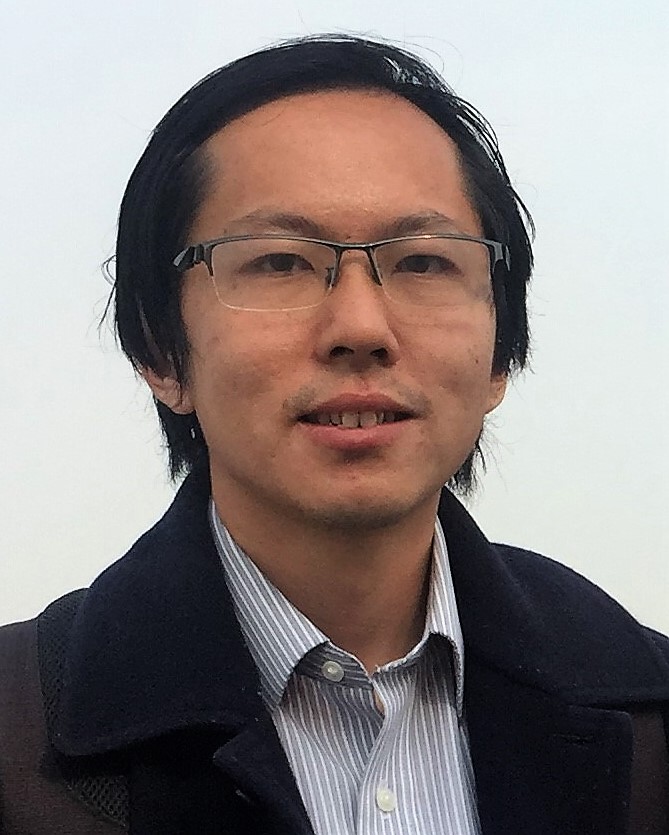
Dr NG Chi Tin, Timothy(吳自添博士)
Assistant Professor
Department of Mathematics, Statistics and Insurance
Department of Mathematics, Statistics and Insurance
Email : timothyng@hsu.edu.hk
Tel : (852) 3963 5172
dr ng kit chong, johnny adjunct professor
department of supply chain and information management
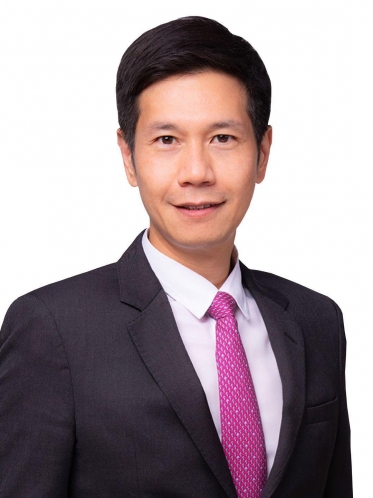
Dr NG Kit Chong, Johnny
Adjunct Professor
Department of Supply Chain and Information Management
Department of Supply Chain and Information Management
dr ng wai leong, tom 吳偉亮博士 assistant professor
department of mathematics, statistics and insurance
associate programme director of bachelor of science in data science and business intelligence programme

Dr NG Wai Leong, Tom(吳偉亮博士)
Assistant Professor
Department of Mathematics, Statistics and Insurance
Associate Programme Director of Bachelor of Science in Data Science and Business Intelligence Programme
Department of Mathematics, Statistics and Insurance
Associate Programme Director of Bachelor of Science in Data Science and Business Intelligence Programme
Email : wlng@hsu.edu.hk
Tel : (852) 3963 5666
mr ng wing sing, albert 吳榮星先生 lecturer (part-time)
department of accountancy

Mr NG Wing Sing, Albert(吳榮星先生)
Lecturer (Part-time)
Department of Accountancy
Department of Accountancy
Email : albertng@hsu.edu.hk
Tel : (852) 3963 5429
professor ngan lok sun, lucille 顏樂燊教授 professor and associate head
department of social science

Professor NGAN Lok Sun, Lucille(顏樂燊教授)
Professor and Associate Head
Department of Social Science
Department of Social Science
Email : lucillengan@hsu.edu.hk
Tel : (852) 3963 5118
dr ni bing, icy 倪冰博士 lecturer
associate programme director (mainland promotion & admission) of msc-gscm programme
department of supply chain and information management

Dr NI Bing, Icy(倪冰博士)
Lecturer
Associate Programme Director (Mainland Promotion & Admission) of MSc-GSCM Programme
Department of Supply Chain and Information Management
Associate Programme Director (Mainland Promotion & Admission) of MSc-GSCM Programme
Department of Supply Chain and Information Management
Email : icyni@hsu.edu.hk
Tel : (852) 3963 5237
dr noel wong 黃婉珊博士 bba-mgt programme director
assistant professor
department of management

Dr Noel WONG(黃婉珊博士)
BBA-MGT Programme Director
Assistant Professor
Department of Management
Assistant Professor
Department of Management
Email : noelwong@hsu.edu.hk
Tel : (852) 3963 5372
professor park seung ho, sam 朴勝虎 dean of school of business
distinguished university professor
department of management
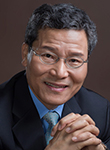
Professor PARK Seung Ho, Sam(朴勝虎)
Dean of School of Business
Distinguished University Professor
Department of Management
Distinguished University Professor
Department of Management
Email : sampark@hsu.edu.hk
Tel : 3963 5181
ms patricia ng 吳寶琪女士 bba-mgt associate programme director
lecturer
department of management

Ms Patricia NG(吳寶琪女士)
BBA-MGT Associate Programme Director
Lecturer
Department of Management
Lecturer
Department of Management
Email : patriciang@hsu.edu.hk
Tel : (852) 3963 5568
mr peter james ronald brokenshire 包敬学先生 lecturer (part-time)
school of translation and foreign languages

Mr Peter James Ronald BROKENSHIRE(包敬学先生)
Lecturer (Part-time)
School of Translation and Foreign Languages
School of Translation and Foreign Languages
Email : peterbrokenshire@hsu.edu.hk
ms pham thi huong tra, paige 范嘉玲女士 lecturer (part-time)
school of translation and foreign languages

Ms PHAM Thi Huong Tra, Paige(范嘉玲女士)
Lecturer (Part-time)
School of Translation and Foreign Languages
School of Translation and Foreign Languages
Email : pham@hsu.edu.hk
dr poon kai chung, joe 潘啟聰博士 senior lecturer
department of social science

Dr POON Kai Chung, Joe(潘啟聰博士)
Senior Lecturer
Department of Social Science
Department of Social Science
Email : kcpoon@hsu.edu.hk
Tel : (852) 3963 5391
dr poon sun cheong, patrick, s.b.s 潘燊昌博士 honorary professor
department of mathematics, statistics and insurance
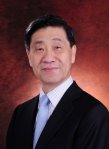
Dr POON Sun Cheong, Patrick, S.B.S(潘燊昌博士)
Honorary Professor
Department of Mathematics, Statistics and Insurance
Department of Mathematics, Statistics and Insurance
professor poon wai yin isabella 潘偉賢教授 honorary professor
department of mathematics, statistics and insurance

Professor POON Wai Yin Isabella(潘偉賢教授)
Honorary Professor
Department of Mathematics, Statistics and Insurance
Department of Mathematics, Statistics and Insurance
ms queenie wu 胡玉佩 lecturer (part-time)
department of economics and finance
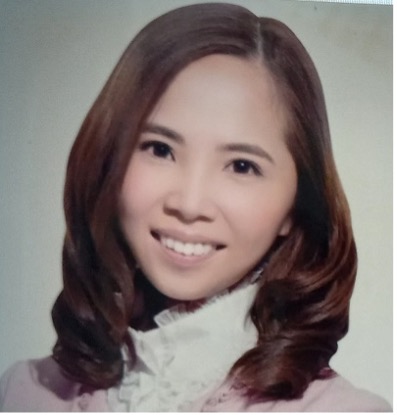
Ms Queenie Wu(胡玉佩)
Lecturer (Part-time)
Department of Economics and Finance
Department of Economics and Finance
Email : queeniewu@hsu.edu.hk
professor robin snell adjunct professor
department of management

Professor Robin SNELL
Adjunct Professor
Department of Management
Department of Management
Email : robinsnell@hsu.edu.hk
professor roman matousek head and professor
department of economics and finance
office: d725

Professor Roman MATOUSEK
Head and Professor
Department of Economics and Finance
Office: D725
Department of Economics and Finance
Office: D725
Email : rmatousek@hsu.edu.hk
Tel : (852) 3963 5373
ms rosalie woo yan yin 鄔欣燕女士 senior lecturer
department of economics and finance

Ms Rosalie WOO Yan Yin(鄔欣燕女士)
Senior Lecturer
Department of Economics and Finance
Department of Economics and Finance
Email : yywoo@hsu.edu.hk
Tel : (852) 3963 5421
mr roy ying 殷暉先生 senior lecturer
department of marketing

Mr Roy YING(殷暉先生)
Senior Lecturer
Department of Marketing
Department of Marketing
Email : royying@hsu.edu.hk
Tel : 3963 5612
dr salina lee 李小薇博士 senior lecturer
department of management

Dr Salina LEE(李小薇博士)
Senior Lecturer
Department of Management
Department of Management
Email : salinalee@hsu.edu.hk
Tel : (852) 3963 5179
dr sally cheung 張小燕博士 associate head and senior lecturer
department of management
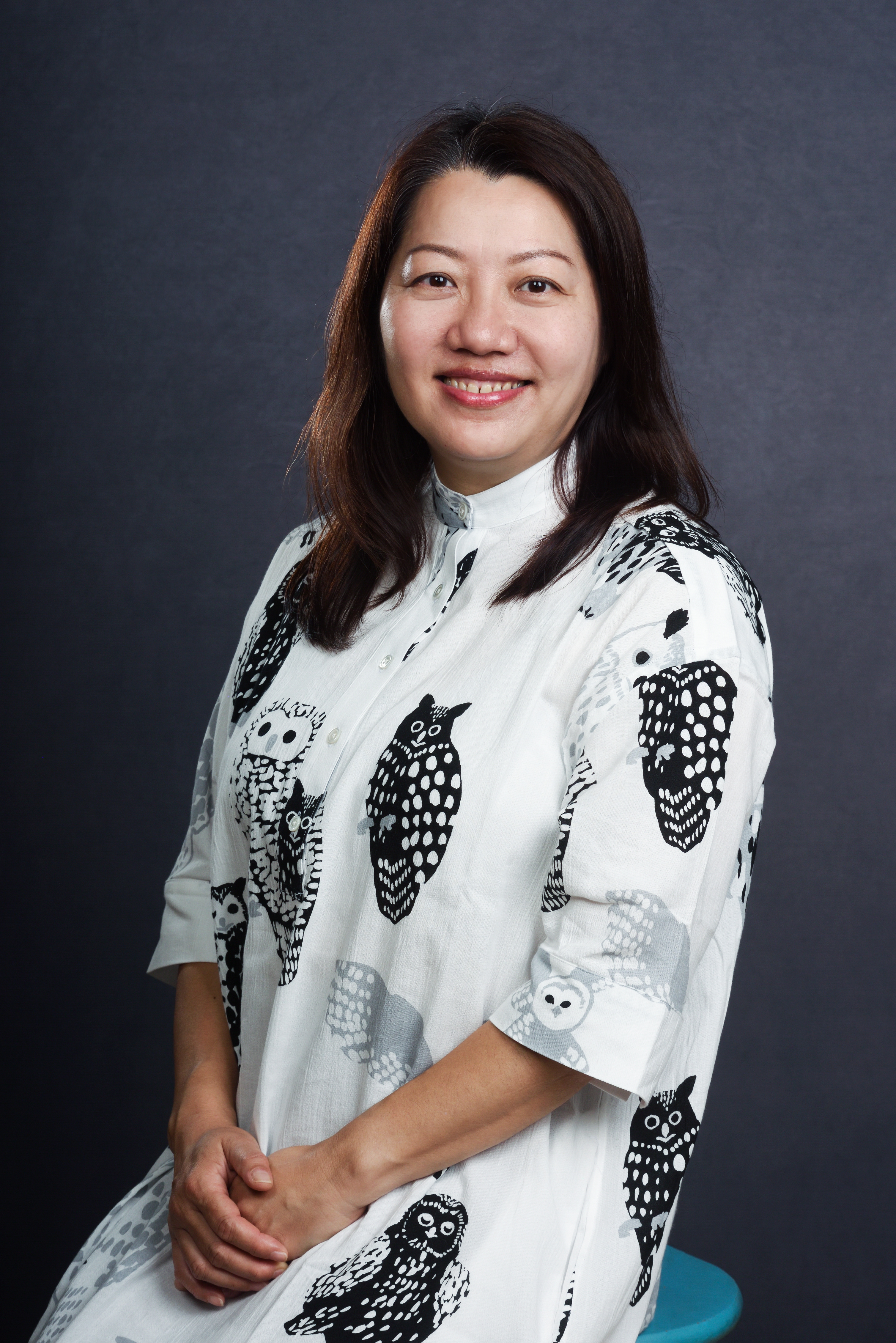
Dr Sally CHEUNG(張小燕博士)
Associate Head and Senior Lecturer
Department of Management
Department of Management
Email : sallycheung@hsu.edu.hk
Tel : (852) 3963 5042
mr sanchez, ho yin lam 林浩賢先生 part-time lecturer
school of communication

Mr Sanchez, Ho Yin LAM(林浩賢先生)
Part-time Lecturer
School of Communication
School of Communication
Email : sanchezlam@hsu.edu.hk
dr sayed gouda 顧德博士 lecturer (part-time)
school of translation and foreign languages

Dr Sayed Gouda(顧德博士)
Lecturer (Part-time)
School of Translation and Foreign Languages
School of Translation and Foreign Languages
Email : sayedgouda@hsu.edu.hk
dr seonghoon kim 金性勳博士 assistant professor
department of management

Dr Seonghoon KIM(金性勳博士)
Assistant Professor
Department of Management
Department of Management
Email : skim@hsu.edu.hk
Tel : (852) 3963 5576
mr serge galin lecturer (part-time)
school of translation and foreign languages
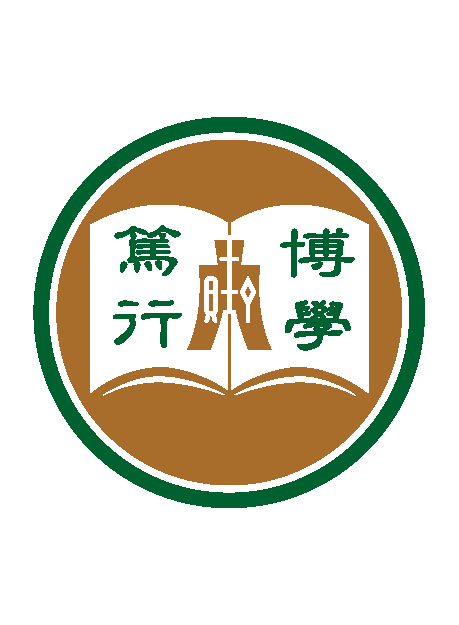
Mr Serge GALIN
Lecturer (Part-time)
School of Translation and Foreign Languages
School of Translation and Foreign Languages
Email : sergegalin@hsu.edu.hk
professor shiu sai wan, elias 邵世運教授 honorary professor
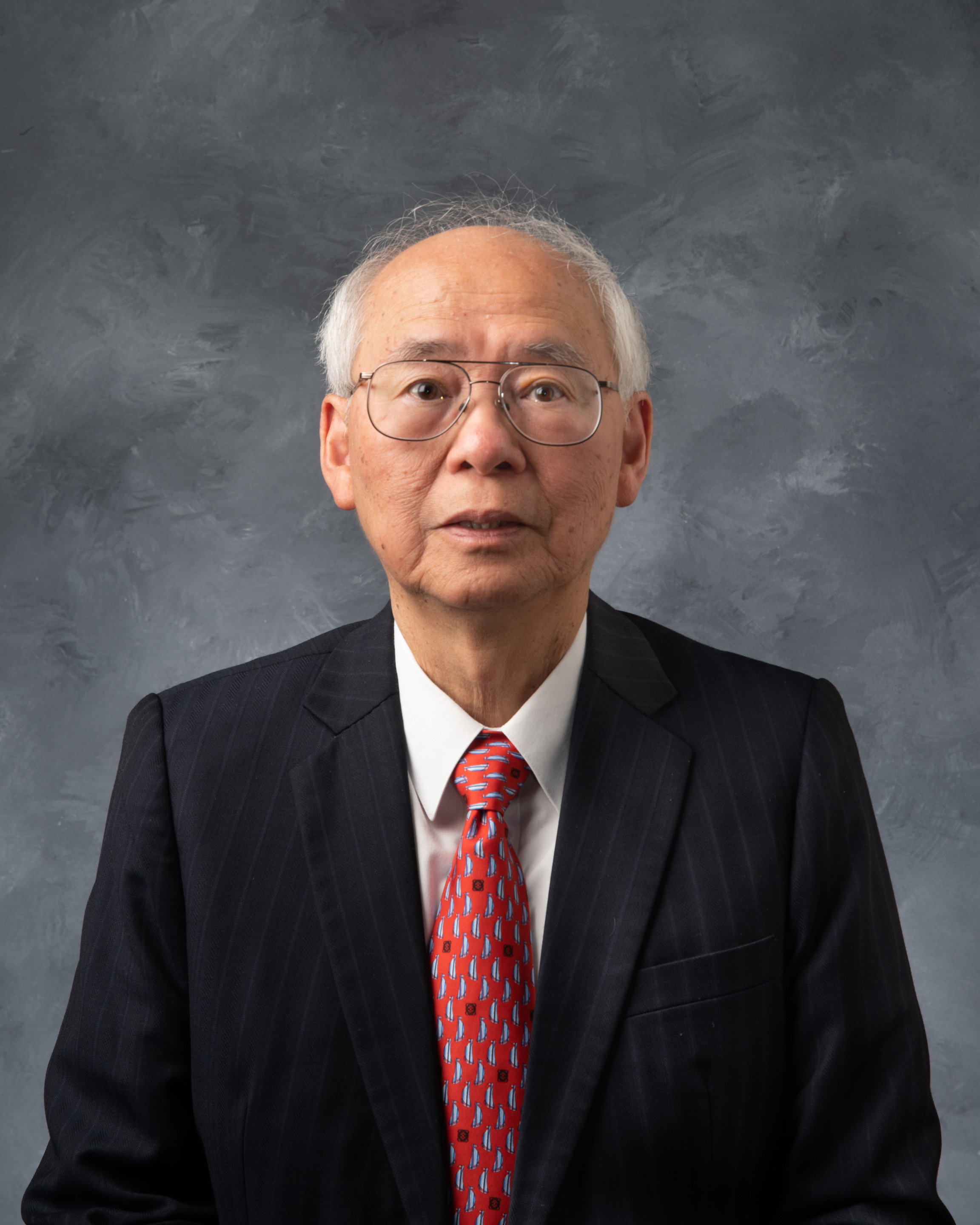
Professor SHIU Sai Wan, Elias(邵世運教授)
Honorary Professor
Email : eliasshiu@hsu.edu.hk
dr shuaiyi liu, anny 劉帥跇博士 lecturer
department of economics and finance

Dr Shuaiyi LIU, Anny(劉帥跇博士)
Lecturer
Department of Economics and Finance
Department of Economics and Finance
Email : sliu@hsu.edu.hk
Tel : (852) 3963 5795
dr shum on sum, johnson 岑安心博士 senior lecturer
associate programme director of bba-pa programme
department of accountancy

Dr SHUM On Sum, Johnson(岑安心博士)
Senior Lecturer
Associate Programme Director of BBA-PA Programme
Department of Accountancy
Associate Programme Director of BBA-PA Programme
Department of Accountancy
Email : johnsonshum@hsu.edu.hk
Tel : (852) 3963 5094
mr sit kwok bun, peter 薛國斌先生 adjunct professor
school of translation and foreign languages

Mr Sit Kwok Bun, Peter(薛國斌先生)
Adjunct Professor
School of Translation and Foreign Languages
School of Translation and Foreign Languages
Email : petersit@hsu.edu.hk
dr siu chi chung 蕭志中博士 associate head and assistant professor
programme director of bsc – ain programme
department of mathematics, statistics and insurance

Dr SIU Chi Chung(蕭志中博士)
Associate Head and Assistant Professor
Programme Director of BSc – AIN Programme
Department of Mathematics, Statistics and Insurance
Programme Director of BSc – AIN Programme
Department of Mathematics, Statistics and Insurance
Email : ccsiu@hsu.edu.hk
Tel : (852)3963 5456
dr siu sai cheong 蕭世昌博士 associate professor
programme director of bachelor of translation with business programme
programme director of master of arts in translation (computer-aided translation) programme
school of translation and foreign languages
co-director of the centre for humanistic buddhism
director of gilt research centre (globalisation, internationalisation, localisation and translation)

Dr SIU Sai Cheong(蕭世昌博士)
Associate Professor
Programme Director of Bachelor of Translation with Business Programme
Programme Director of Master of Arts in Translation (Computer-aided Translation) Programme
School of Translation and Foreign Languages
Co-Director of The Centre for Humanistic Buddhism
Director of GILT Research Centre (Globalisation, Internationalisation, Localisation and Translation)
Programme Director of Bachelor of Translation with Business Programme
Programme Director of Master of Arts in Translation (Computer-aided Translation) Programme
School of Translation and Foreign Languages
Co-Director of The Centre for Humanistic Buddhism
Director of GILT Research Centre (Globalisation, Internationalisation, Localisation and Translation)
Email : scsiu@hsu.edu.hk
Tel : (852) 3963 5443
dr siu sai yau 蕭世友博士 assistant professor
school of translation and foreign languages
director of research centre for translation of buddhist texts

Dr SIU Sai Yau(蕭世友博士)
Assistant Professor
School of Translation and Foreign Languages
Director of Research Centre for Translation of Buddhist Texts
School of Translation and Foreign Languages
Director of Research Centre for Translation of Buddhist Texts
Email : sysiu@hsu.edu.hk
Tel : (852) 3963 5278
ms siu teressa hao 蕭浩坤女士 part-time lecturer
school of communication
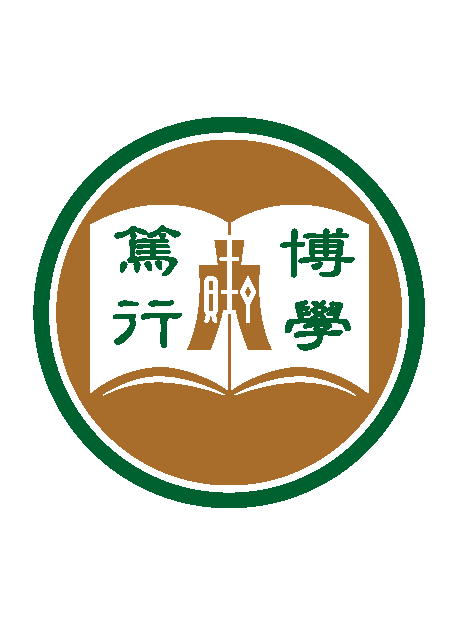
Ms SIU Teressa Hao(蕭浩坤女士)
Part-time Lecturer
School of Communication
School of Communication
Email : teressasiu@hsu.edu.hk
dr siu yam wing 蕭蔭榮博士 assistant professor
associate programme director of bba-fb programme
associate director of start-up and sme resource centre
department of economics and finance

Dr SIU Yam Wing(蕭蔭榮博士)
Assistant Professor
Associate Programme Director of BBA-FB Programme
Associate Director of Start-up and SME Resource Centre
Department of Economics and Finance
Associate Programme Director of BBA-FB Programme
Associate Director of Start-up and SME Resource Centre
Department of Economics and Finance
Email : ywsiu@hsu.edu.hk
Tel : (852) 3963 5257
professor siu yuk tai, trevor 蕭旭泰教授 professor
programme director of ba-cmct programme
school of communication

Professor SIU Yuk Tai, Trevor(蕭旭泰教授)
Professor
Programme Director of BA-CMCT Programme
School of Communication
Programme Director of BA-CMCT Programme
School of Communication
Email : ytsiu@hsu.edu.hk
Tel : (852) 3963 5226
mr so chak man 蘇澤民先生 lecturer
department of chinese

Mr SO Chak Man(蘇澤民先生)
Lecturer
Department of Chinese
Department of Chinese
Email : cmso@hsu.edu.hk
Tel : (852) 3963 5120
dr so ling chau 周素玲博士 assistant professor (part-time)
department of management

Dr So Ling CHAU(周素玲博士)
Assistant Professor (Part-time)
Department of Management
Department of Management
Email : soling@hsu.edu.hk
Tel : (852) 3963 5190
dr song zhaoxun, howard 宋昭勛博士 associate professor
programme director ma-sc of programme
school of communication

Dr SONG Zhaoxun, Howard(宋昭勛博士)
Associate Professor
Programme Director MA-SC of Programme
School of Communication
Programme Director MA-SC of Programme
School of Communication
Email : howardsong@hsu.edu.hk
Tel : (852) 3963 5104
dr sophia chiyoung cheong assistant professor
department of economics and finance

Dr Sophia Chiyoung Cheong
Assistant Professor
Department of Economics and Finance
Department of Economics and Finance
Email : chiyoungcheong@hsu.edu.hk
Tel : (852) 3963 5260
dr stephen hwang assistant professor
department of management

Dr Stephen HWANG
Assistant Professor
Department of Management
Department of Management
Email : shwang@hsu.edu.hk
Tel : (852) 3963 5458
dr sunny chan 陳鴻輝博士 lecturer
associate programme director of bba-mkt programme
department of marketing

Dr Sunny CHAN(陳鴻輝博士)
Lecturer
Associate Programme Director of BBA-MKT Programme
Department of Marketing
Associate Programme Director of BBA-MKT Programme
Department of Marketing
Email : sunnychan@hsu.edu.hk
Tel : (852) 3963 5262
dr sunny fong 方志良博士 lecturer (part-time)
department of management

Dr Sunny FONG(方志良博士)
Lecturer (Part-time)
Department of Management
Department of Management
Email : sunnyfong@hsu.edu.hk
dr susanna chui 徐麗雯博士 adjunct assistant professor
department of management
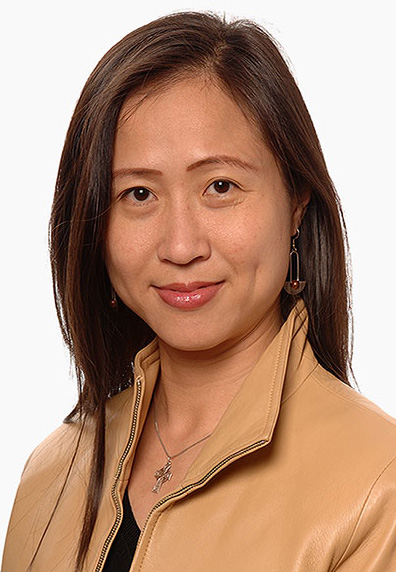
Dr Susanna CHUI(徐麗雯博士)
Adjunct Assistant Professor
Department of Management
Department of Management
Email : susannachui@hsu.edu.hk
mr tak ching lau 劉德政先生 lecturer
department of economics and finance

Mr Tak Ching LAU(劉德政先生)
Lecturer
Department of Economics and Finance
Department of Economics and Finance
Email : tclau@hsu.edu.hk
Tel : (852) 3963 5425
professor tam kwok kan 譚國根教授 chair professor and dean
school of humanities and social science
programme director of ma-ts programme
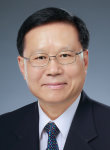
Professor TAM Kwok Kan(譚國根教授)
Chair Professor and Dean
School of Humanities and Social Science
Programme Director of MA-TS Programme
School of Humanities and Social Science
Programme Director of MA-TS Programme
Email : kktam@hsu.edu.hk
Tel : (852) 3963 5606
dr tan mei ah 陳美亞博士 associate professor
programme director of ma-chi programme
department of chinese
associate director of tin ka ping institute for chinese language and culture

Dr TAN Mei Ah(陳美亞博士)
Associate Professor
Programme Director of MA-CHI Programme
Department of Chinese
Associate Director of Tin Ka Ping Institute for Chinese Language and Culture
Programme Director of MA-CHI Programme
Department of Chinese
Associate Director of Tin Ka Ping Institute for Chinese Language and Culture
Email : matan@hsu.edu.hk
Tel : (852) 3963 5489
dr tang kin yat, gary 鄧鍵一博士 associate professor
associate programme director of msocsc-pprg programme
department of social science
associate director of centre for public policy research

Dr TANG Kin Yat, Gary(鄧鍵一博士)
Associate Professor
Associate Programme Director of MSocSc-PPRG Programme
Department of Social Science
Associate Director of Centre for Public Policy Research
Associate Programme Director of MSocSc-PPRG Programme
Department of Social Science
Associate Director of Centre for Public Policy Research
Email : garytang@hsu.edu.hk
Tel : (852) 3963 5446
dr terence li 李兆強博士 lecturer (part-time)
department of marketing
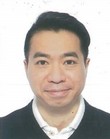
Dr Terence LI(李兆強博士)
Lecturer (Part-time)
Department of Marketing
Department of Marketing
Email : terenceli@hsu.edu.hk
dr thomas leung 梁劍平博士 associate dean (teaching and learning) of school of business
associate professor
co-programme director of mbm programme
department of marketing
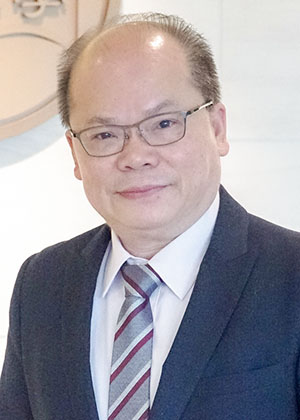
Dr Thomas LEUNG(梁劍平博士)
Associate Dean (Teaching and Learning) of School of Business
Associate Professor
Co-Programme Director of MBM Programme
Department of Marketing
Associate Professor
Co-Programme Director of MBM Programme
Department of Marketing
Email : thomasleung@hsu.edu.hk
Tel : (852) 3963 5083
dr tingting xie 謝亭亭博士 adjunct assistant professor
department of marketing
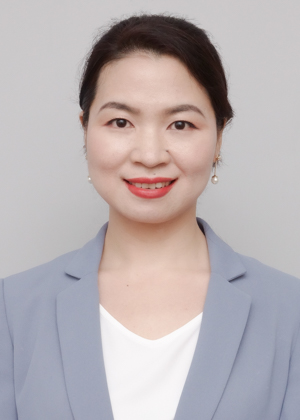
Dr Tingting XIE(謝亭亭博士)
Adjunct Assistant Professor
Department of Marketing
Department of Marketing
Email : txie@hsu.edu.hk
professor tso hung, scarlet 曹虹教授 dean and professor
school of communication

Professor TSO Hung, Scarlet(曹虹教授)
Dean and Professor
School of Communication
School of Communication
Email : scarlettso@hsu.edu.hk
Tel : (852) 3963 5163
dr tso wing bo, anna 曹穎寶博士 head and associate professor
programme director of ba-eng programme
department of english

Dr TSO Wing Bo, Anna(曹穎寶博士)
Head and Associate Professor
Programme Director of BA-ENG Programme
Department of English
Programme Director of BA-ENG Programme
Department of English
Email : annatso@hsu.edu.hk
Tel : (852) 3963 5441
dr tsui wing yan 徐穎恩博士 lecturer
associate programme director of bsc-dsbi programme
department of mathematics, statistics and insurance
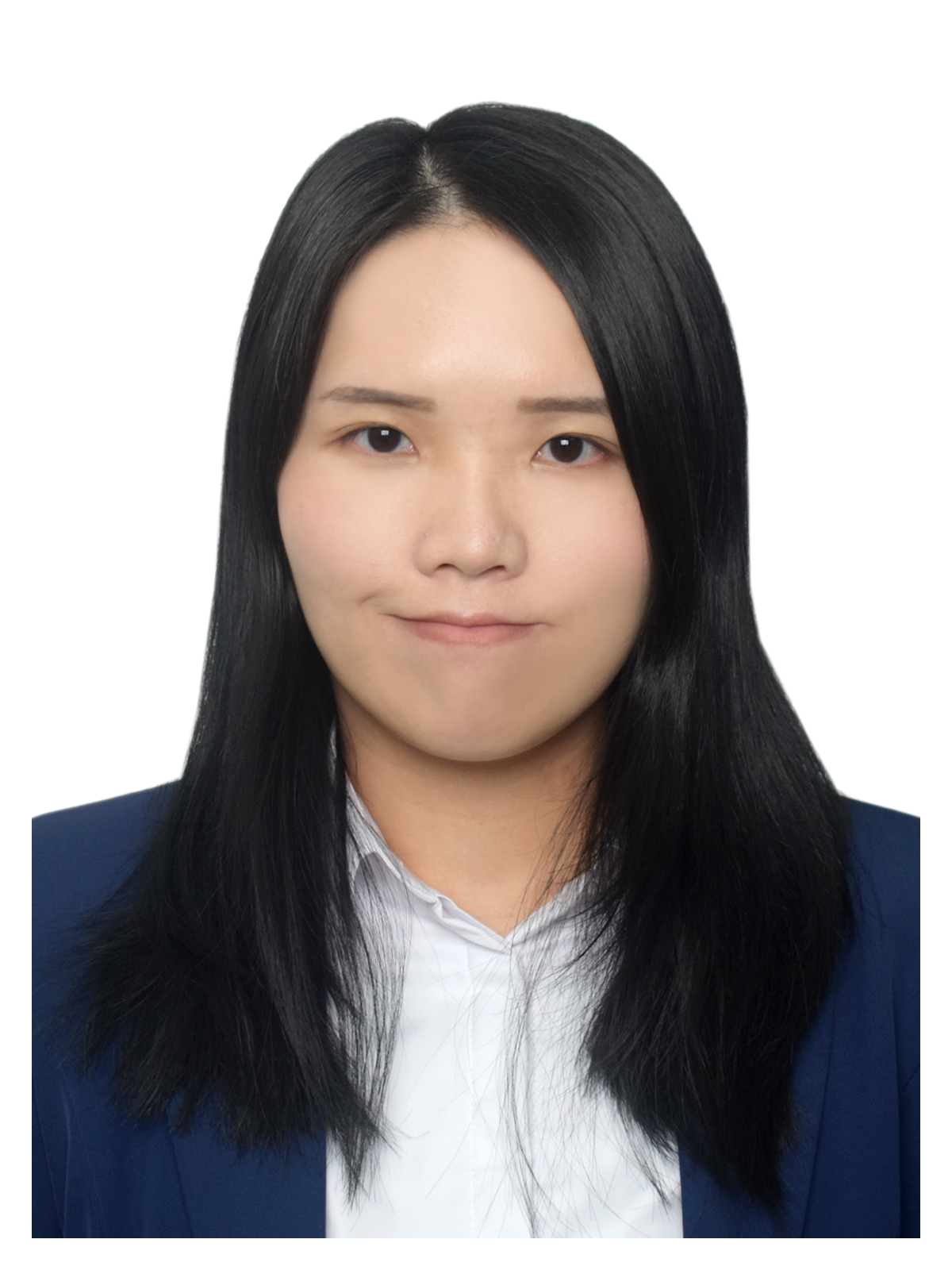
Dr TSUI Wing Yan(徐穎恩博士)
Lecturer
Associate Programme Director of BSc-DSBI Programme
Department of Mathematics, Statistics and Insurance
Associate Programme Director of BSc-DSBI Programme
Department of Mathematics, Statistics and Insurance
Email : wytsui@hsu.edu.hk
Tel : (852) 3963 5246
dr valerie tang 鄧慧盈博士 assistant professor
department of supply chain and information management

Dr Valerie TANG(鄧慧盈博士)
Assistant Professor
Department of Supply Chain and Information Management
Department of Supply Chain and Information Management
Email : valerietang@hsu.edu.hk
Tel : (852) 3963 5215
dr vera li 李維娜博士 assistant professor
department of accountancy

Dr Vera LI(李維娜博士)
Assistant Professor
Department of Accountancy
Department of Accountancy
Email : verali@hsu.edu.hk
Tel : (852) 3963 5254
dr wang honghua, anson 王紅華博士 associate professor
school of translation and foreign languages
associate programme director of master of arts in translation (business and legal) programme

Dr WANG Honghua, Anson(王紅華博士)
Associate Professor
School of Translation and Foreign Languages
Associate Programme Director of Master of Arts in Translation (Business and Legal) Programme
School of Translation and Foreign Languages
Associate Programme Director of Master of Arts in Translation (Business and Legal) Programme
Email : ansonwang@hsu.edu.hk
Tel : (852) 3963 5586
dr wang shiru 王世茹博士 assistant professor
department of social science
associate director of centre for greater china studies

Dr WANG Shiru(王世茹博士)
Assistant Professor
Department of Social Science
Associate Director of Centre for Greater China Studies
Department of Social Science
Associate Director of Centre for Greater China Studies
Email : swang@hsu.edu.hk
Tel : (852) 3963 5656
dr wang zhichen, stacy 王之辰博士 assistant professor
associate programme director of bba-pa programme
department of accountancy

Dr WANG Zhichen, Stacy(王之辰博士)
Assistant Professor
Associate Programme Director of BBA-PA Programme
Department of Accountancy
Associate Programme Director of BBA-PA Programme
Department of Accountancy
Email : stacywang@hsu.edu.hk
Tel : (852) 3963 5087
dr william chan 陳偉生博士 lecturer (part-time)
department of management

Dr William CHAN(陳偉生博士)
Lecturer (Part-time)
Department of Management
Department of Management
Email : williamchan@hsu.edu.hk
dr willy huang 黃佳威博士 bba-hrm associate programme director
lecturer
department of management

Dr Willy HUANG(黃佳威博士)
BBA-HRM Associate Programme Director
Lecturer
Department of Management
Lecturer
Department of Management
Email : willyhuang@hsu.edu.hk
Tel : (852) 3963 5774
dr winnie chan 陳詠賢博士 senior lecturer
programme director of bba-mkt programme
department of marketing

Dr Winnie CHAN(陳詠賢博士)
Senior Lecturer
Programme Director of BBA-MKT Programme
Department of Marketing
Programme Director of BBA-MKT Programme
Department of Marketing
Email : chanwinnie@hsu.edu.hk
Tel : (852) 3963 5788
dr wong ka yee, janice 黃嘉兒博士 lecturer
school of communication
associate director of centre for communication studies

Dr WONG Ka Yee, Janice(黃嘉兒博士)
Lecturer
School of Communication
Associate Director of Centre for Communication Studies
School of Communication
Associate Director of Centre for Communication Studies
Email : janicewong@hsu.edu.hk
Tel : (852) 3963 5365
dr wong kai sun, karsen 王啟新博士 adjunct assistant professor
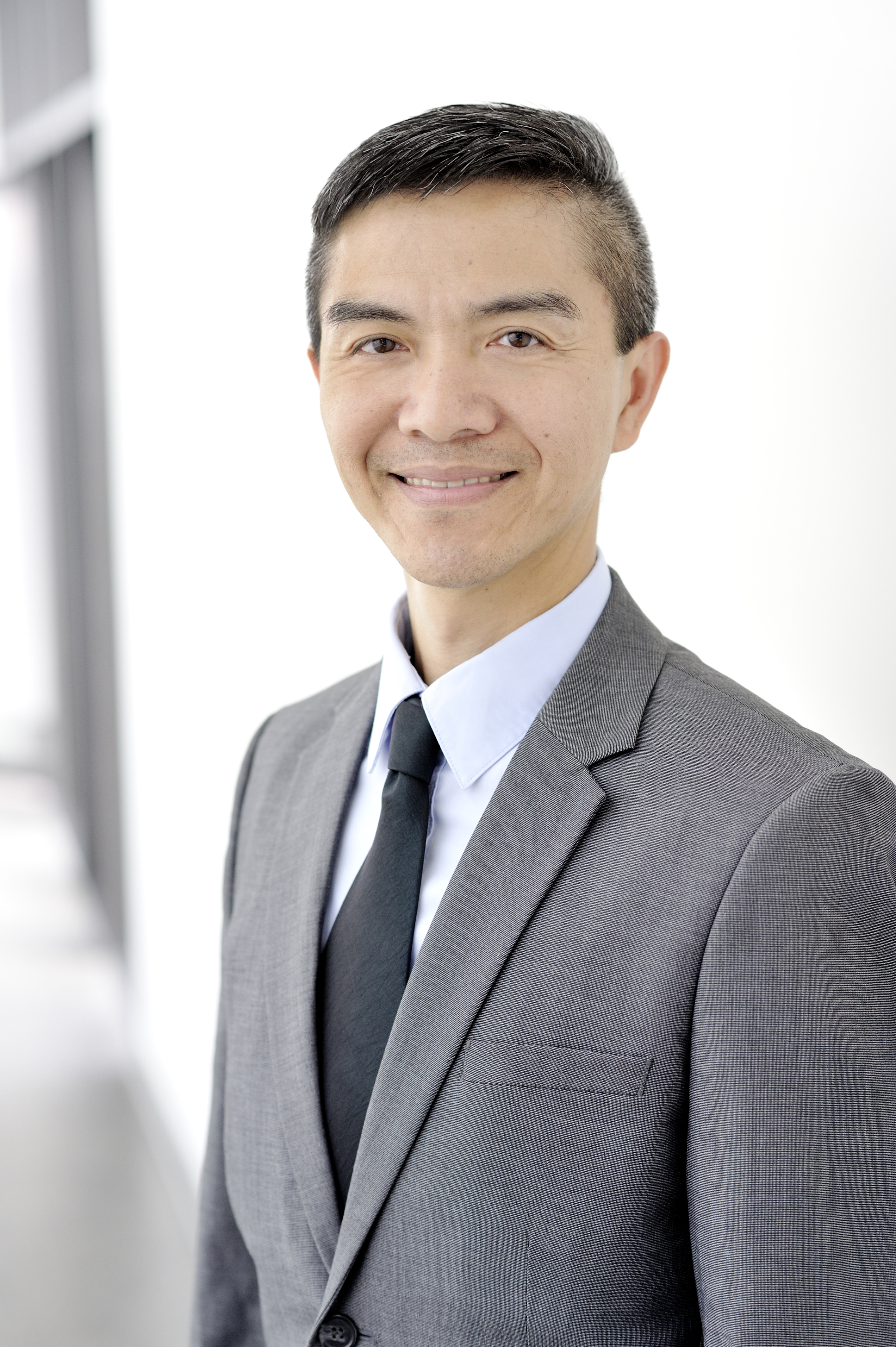
Dr WONG Kai Sun, Karsen(王啟新博士)
Adjunct Assistant Professor
Email : karsenkswong@hsu.edu.hk
dr wong kim fan 王劍凡博士 adjunct associate professor
school of translation and foreign languages

Dr WONG Kim Fan(王劍凡博士)
Adjunct Associate Professor
School of Translation and Foreign Languages
School of Translation and Foreign Languages
Email : kfwong@hsu.edu.hk
Tel : (852) 3963 5225
mr wong korix tsz tsun 黃梓浚先生 lecturer

Mr WONG Korix Tsz Tsun(黃梓浚先生)
Lecturer
Email : korixwong@hsu.edu.hk
Tel : 3963 5782
ms wong mei ki, maggie 王美琪女士 senior lecturer
department of social science
associate master, s h ho wellness college

Ms WONG Mei Ki, Maggie(王美琪女士)
Senior Lecturer
Department of Social Science
Associate Master, S H Ho Wellness College
Department of Social Science
Associate Master, S H Ho Wellness College
Email : maggiewong@hsu.edu.hk
Tel : (852) 3963 5106
dr wong muk yan 黃沐恩博士 associate professor
programme director of bss-ppe programme
department of social science
director of common core curriculum

Dr WONG Muk Yan(黃沐恩博士)
Associate Professor
Programme Director of BSS-PPE Programme
Department of Social Science
Director of Common Core Curriculum
Programme Director of BSS-PPE Programme
Department of Social Science
Director of Common Core Curriculum
Email : mywong@hsu.edu.hk
Tel : (852) 3963 5569
ms wong shun, shirley 黃純女士 lecturer
department of accountancy

Ms WONG Shun, Shirley(黃純女士)
Lecturer
Department of Accountancy
Department of Accountancy
Email : shirleywong@hsu.edu.hk
Tel : (852) 3963 5260
dr wong tai tak, andy 黃大德博士 senior lecturer
department of social science

Dr WONG Tai Tak, Andy(黃大德博士)
Senior Lecturer
Department of Social Science
Department of Social Science
Email : andywong@hsu.edu.hk
Tel : (852) 3963 5387
dr wong wai kit 王偉傑博士 adjunct associate professor
department of computer science

Dr WONG Wai Kit(王偉傑博士)
Adjunct Associate Professor
Department of Computer Science
Department of Computer Science
Email : wongwk@hsu.edu.hk
dr wong wai lam, heidi 黃瑋琳博士 senior lecturer
department of english
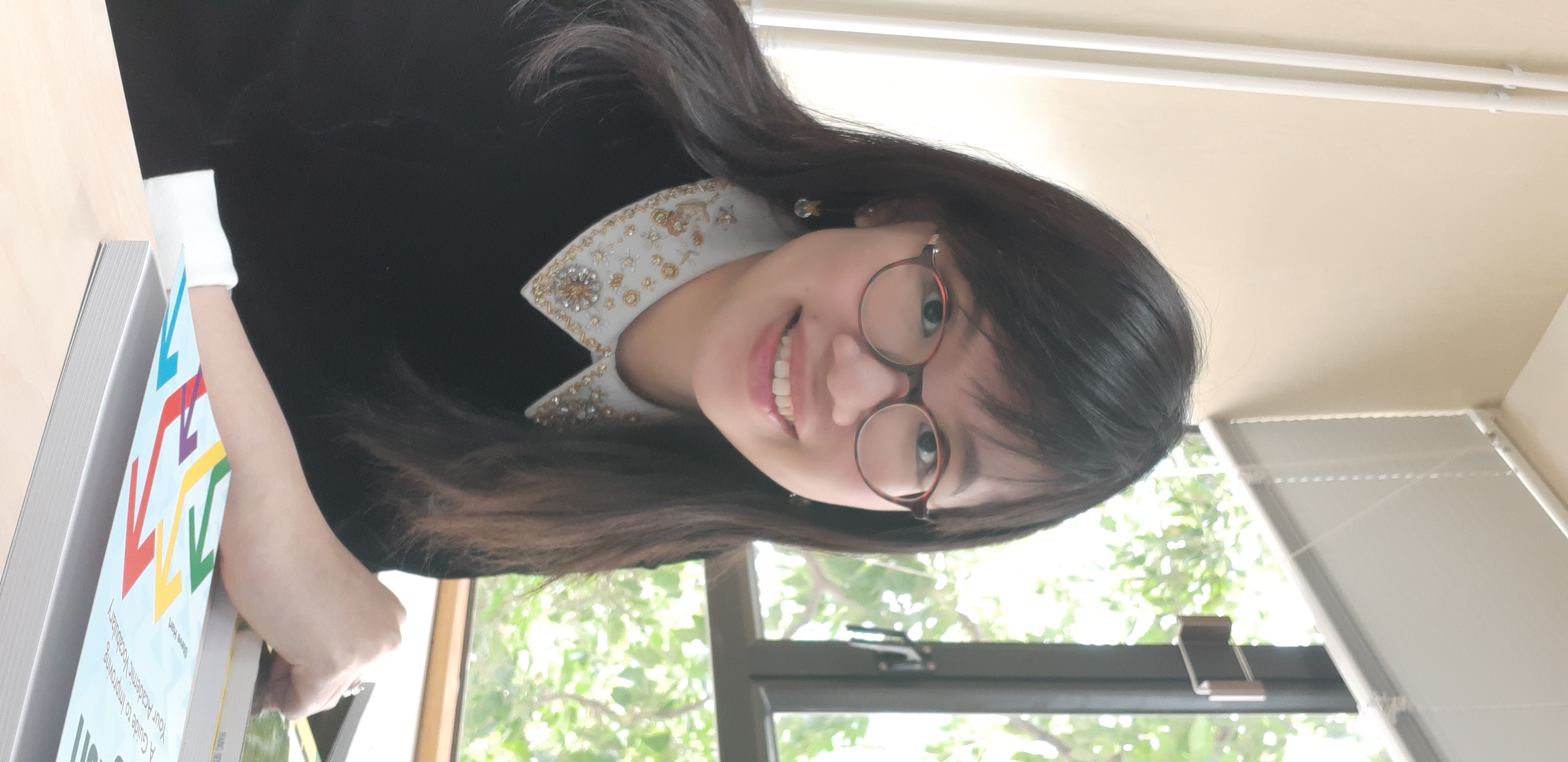
Dr WONG Wai Lam, Heidi(黃瑋琳博士)
Senior Lecturer
Department of English
Department of English
Email : heidiwong@hsu.edu.hk
Tel : (852) 3963 5132
dr wong wai yee, pauline 黃慧儀博士 assistant professor
department of accountancy

Dr WONG Wai Yee, Pauline(黃慧儀博士)
Assistant Professor
Department of Accountancy
Department of Accountancy
Email : paulinewong@hsu.edu.hk
Tel : (852) 3963 5432
dr wong yin cheung, eugene 黃彥璋博士 associate professor
associate programme director (hk) of msc-gscm programme
department of supply chain and information management
director of virtual reality centre
director of supply chain excellence and innovation centre

Dr WONG Yin Cheung, Eugene(黃彥璋博士)
Associate Professor
Associate Programme Director (HK) of MSc-GSCM programme
Department of Supply Chain and Information Management
Director of Virtual Reality Centre
Director of Supply Chain Excellence and Innovation Centre
Associate Programme Director (HK) of MSc-GSCM programme
Department of Supply Chain and Information Management
Director of Virtual Reality Centre
Director of Supply Chain Excellence and Innovation Centre
Email : eugenewong@hsu.edu.hk
Tel : (852) 3963 5355
professor wong yiu kwan 黃耀堃教授 adjunct professor
department of chinese

Professor WONG Yiu Kwan(黃耀堃教授)
Adjunct Professor
Department of Chinese
Department of Chinese
dr wong yiu man 王耀文博士 part-time lecturer
department of supply chain and information management

Dr WONG Yiu Man(王耀文博士)
Part-time Lecturer
Department of Supply Chain and Information Management
Department of Supply Chain and Information Management
Email : ymwong@hsu.edu.hk
dr wu chun ho, jack 胡鎮浩博士 associate professor
programme director of bmsim and bsc-baim programme
associate programme director of msc-ditm programme
department of supply chain and information management
head of cloud innovation school

Dr WU Chun Ho, Jack(胡鎮浩博士)
Associate Professor
Programme Director of BMSIM and BSc-BAIM Programme
Associate Programme Director of MSc-DITM Programme
Department of Supply Chain and Information Management
Head of Cloud Innovation School
Programme Director of BMSIM and BSc-BAIM Programme
Associate Programme Director of MSc-DITM Programme
Department of Supply Chain and Information Management
Head of Cloud Innovation School
Email : jackwu@hsu.edu.hk
Tel : (852) 3963 5550
ms wu jiayi, virginia 吳佳藝女士 lecturer

Ms Wu Jiayi, Virginia(吳佳藝女士)
Lecturer
Email : virginiawu@hsu.edu.hk
Tel : (852) 3963 5404
dr wu jing, clio 吳靜博士 assistant professor
programme director of ba-acc programme
school of communication

Dr WU Jing, Clio(吳靜博士)
Assistant Professor
Programme Director of BA-ACC Programme
School of Communication
Programme Director of BA-ACC Programme
School of Communication
Email : jwu@hsu.edu.hk
Tel : (852) 3963 5439
ms wu yan, michelle 吳燕女士 senior lecturer
associate programme director (mainland) of msc-ins programme
department of mathematics, statistics and insurance

Ms WU Yan, Michelle(吳燕女士)
Senior Lecturer
Associate Programme Director (Mainland) of MSc-INS Programme
Department of Mathematics, Statistics and Insurance
Associate Programme Director (Mainland) of MSc-INS Programme
Department of Mathematics, Statistics and Insurance
Email : michellewu@hsu.edu.hk
Tel : (852) 3963 5242
dr yang yi hsuan, rochelle 楊宜瑄博士 associate programme director, bachelor of arts (honours) in art and design
associate professor, department of art and design
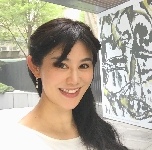
Dr YANG Yi Hsuan, Rochelle(楊宜瑄博士)
Associate Programme Director, Bachelor of Arts (Honours) in Art and Design
Associate Professor, Department of Art and Design
Associate Professor, Department of Art and Design
Email : rochelleyang@hsu.edu.hk
Tel : (852) 3963 5798
dr yao yiwei 姚易偉博士 assistant professor
department of accountancy
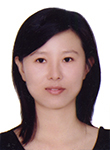
Dr YAO Yiwei(姚易偉博士)
Assistant Professor
Department of Accountancy
Department of Accountancy
Email : yiweiyao@hsu.edu.hk
Tel : (852) 3963 5255
dr yau ling na, belinda 邱聆娜博士 assistant professor
department of accountancy

Dr YAU Ling Na, Belinda(邱聆娜博士)
Assistant Professor
Department of Accountancy
Department of Accountancy
Email : belindayau@hsu.edu.hk
Tel : 3963 5430
dr yeung choi kit, sabrina 楊彩杰博士 assistant professor
department of chinese
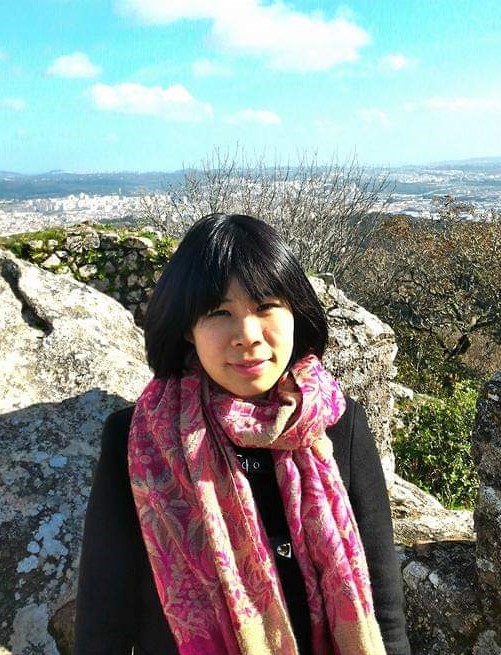
Dr YEUNG Choi Kit, Sabrina(楊彩杰博士)
Assistant Professor
Department of Chinese
Department of Chinese
Email : sabrinayeung@hsu.edu.hk
Tel : (852)3963 5184
mr yeung chun yin 楊俊賢先生 lecturer (part-time)
school of translation and foreign languages
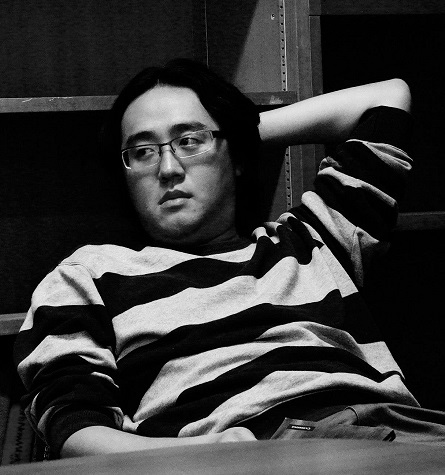
Mr Yeung Chun Yin(楊俊賢先生)
Lecturer (Part-time)
School of Translation and Foreign Languages
School of Translation and Foreign Languages
Email : cyyeung@hsu.edu.hk
ms yip pui sze, patsy 葉佩思女士 lecturer (part-time)
department of accountancy

Ms YIP Pui Sze, Patsy(葉佩思女士)
Lecturer (Part-time)
Department of Accountancy
Department of Accountancy
Email : patsyyip@hsu.edu.hk
dr yip wing yue, rita 葉頴諭博士 associate professor
programme director of bba-pa programme
department of accountancy

Dr YIP Wing Yue, Rita(葉頴諭博士)
Associate Professor
Programme Director of BBA-PA Programme
Department of Accountancy
Programme Director of BBA-PA Programme
Department of Accountancy
Email : yiprita@hsu.edu.hk
Tel : (852) 3963 5535
mr yu ho lam, paul 余浩霖先生 part-time lecturer
school of communication

Mr YU Ho Lam, Paul(余浩霖先生)
Part-time Lecturer
School of Communication
School of Communication
Email : paulyu@hsu.edu.hk
dr yu kwok wai, carisa 余國惠博士 associate professor
programme director of bsc-dsbi programme
department of mathematics, statistics and insurance

Dr YU Kwok Wai, Carisa(余國惠博士)
Associate Professor
Programme Director of BSc-DSBI Programme
Department of Mathematics, Statistics and Insurance
Programme Director of BSc-DSBI Programme
Department of Mathematics, Statistics and Insurance
Email : carisayu@hsu.edu.hk
Tel : (852) 3963 5109
dr yu lai hang, james 俞勵恒博士 associate professor (practice)
associate programme director of ba-psy programme
department of social science

Dr YU Lai Hang, James(俞勵恒博士)
Associate Professor (Practice)
Associate Programme Director of BA-PSY Programme
Department of Social Science
Associate Programme Director of BA-PSY Programme
Department of Social Science
Email : jamesyu@hsu.edu.hk
Tel : (852) 3963 5136
dr yu lu 余璐博士 lecturer
associate programme director (mainland) of msc-dsai programme
department of computer science

Dr YU Lu(余璐博士)
Lecturer
Associate Programme Director (Mainland) of MSc-DSAI Programme
Department of Computer Science
Associate Programme Director (Mainland) of MSc-DSAI Programme
Department of Computer Science
Email : lyu@hsu.edu.hk
Tel : (852) 3963 5667
dr yu yang, irina 于洋博士 assistant professor
associate programme director of bjc programme
school of communication

Dr YU Yang, Irina(于洋博士)
Assistant Professor
Associate Programme Director of BJC Programme
School of Communication
Associate Programme Director of BJC Programme
School of Communication
Email : irinayu@hsu.edu.hk
Tel : 3963 5385
dr yue ho yin, willy 余浩然博士 senior lecturer
programme director of bsc-ac/ ba-ahcc programme
department of computer science

Dr YUE Ho Yin, Willy(余浩然博士)
Senior Lecturer
Programme Director of BSc-AC/ BA-AHCC Programme
Department of Computer Science
Programme Director of BSc-AC/ BA-AHCC Programme
Department of Computer Science
Email : willyyue@hsu.edu.hk
Tel : (852) 3963 5416
mr yuen chi hin, stanley 袁智軒先生 part-time lecturer
school of communication
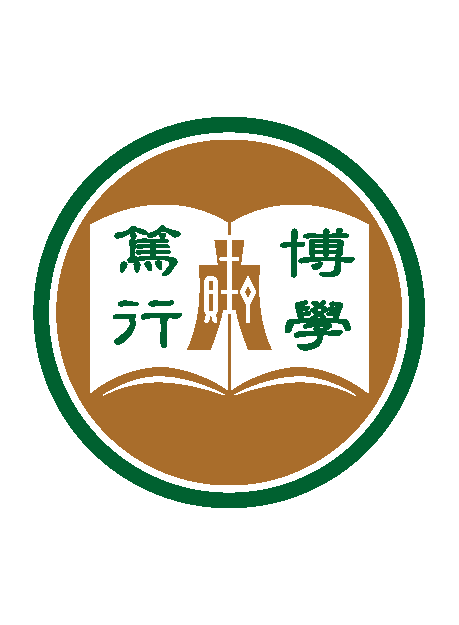
Mr YUEN Chi Hin, Stanley(袁智軒先生)
Part-time Lecturer
School of Communication
School of Communication
Email : stanleyyuen@hsu.edu.hk
professor yuen kwok wa, john 袁國華教授 adjunct professor
department of chinese

Professor YUEN Kwok Wa, John(袁國華教授)
Adjunct Professor
Department of Chinese
Department of Chinese
Email : johnyuen@hsu.edu.hk
ms zeng kaishan, regina 曾楷珊女士 lecturer
department of english

Ms ZENG Kaishan, Regina(曾楷珊女士)
Lecturer
Department of English
Department of English
Email : reginazeng@hsu.edu.hk
Tel : (852) 3963 5437
dr zhang chen 張晨博士 assistant professor
department of computer science

Dr ZHANG Chen(張晨博士)
Assistant Professor
Department of Computer Science
Department of Computer Science
Email : czhang@hsu.edu.hk
Tel : (852) 3963 5706
dr zhang peijia, kaela 張培佳博士 lecturer
department of english

Dr ZHANG Peijia, Kaela(張培佳博士)
Lecturer
Department of English
Department of English
Email : kaelazhang@hsu.edu.hk
Tel : (852) 3963 5467
dr zhang weiyin, vivian 張瑋茵博士 assistant professor
department of accountancy

Dr ZHANG Weiyin, Vivian(張瑋茵博士)
Assistant Professor
Department of Accountancy
Department of Accountancy
Email : vivianzhang@hsu.edu.hk
Tel : 3963 5084
professor zhang wenzhong 張文中教授 adjunct professor
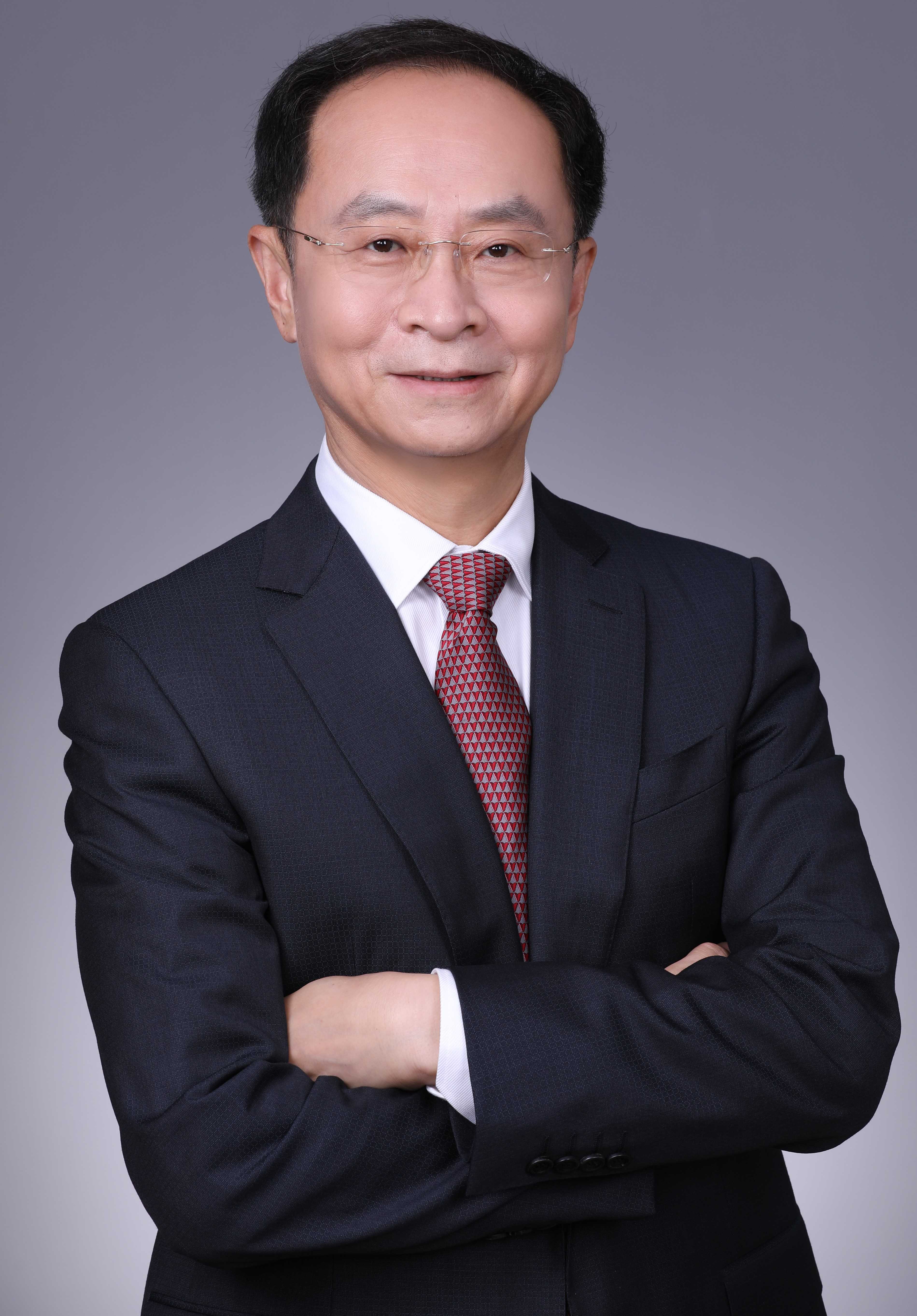
Professor ZHANG Wenzhong(張文中教授)
Adjunct Professor
Email : wenzhongzhang@hsu.edu.hk
professor zhou haibing 周海冰教授 adjunct professor
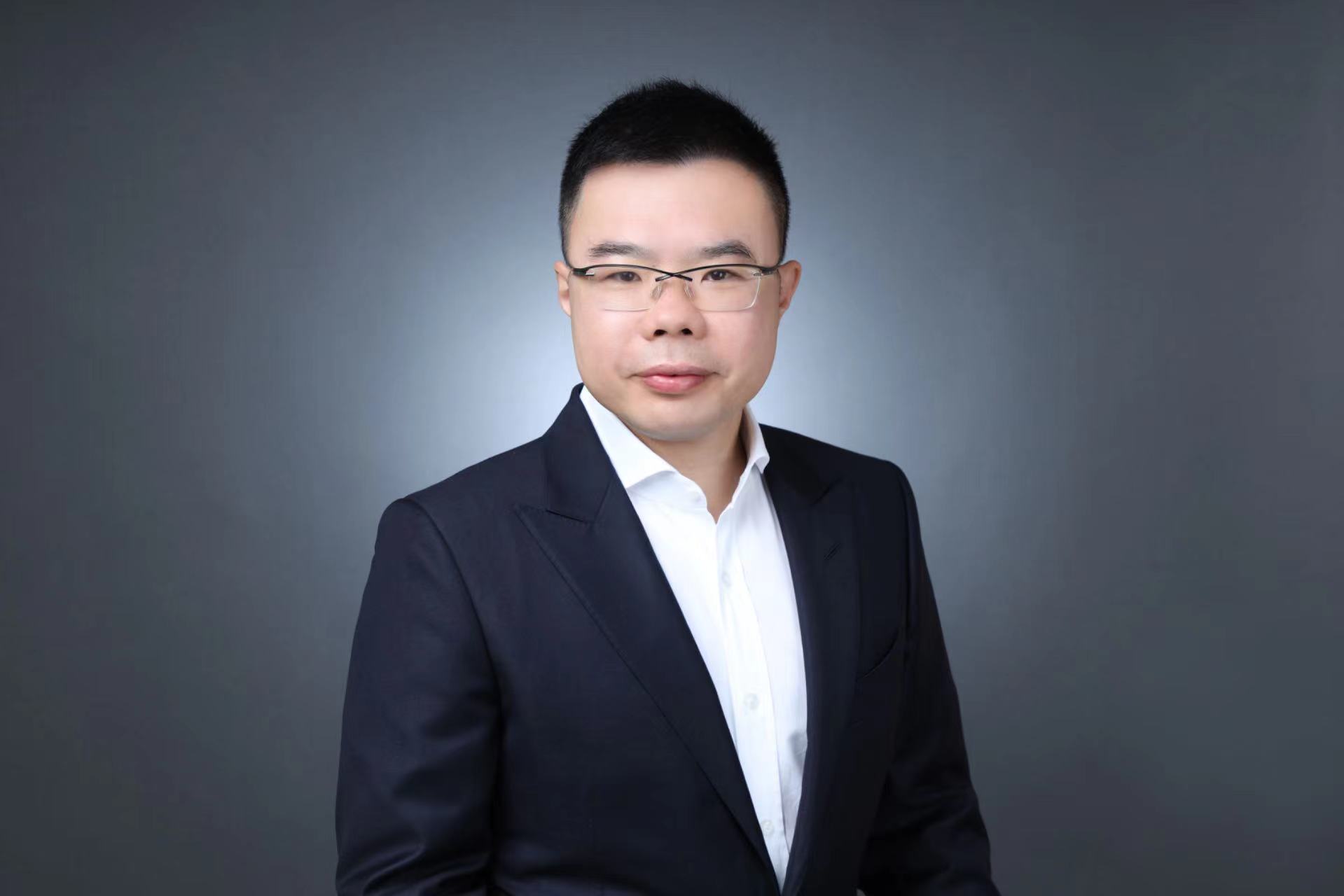
Professor ZHOU Haibing(周海冰教授)
Adjunct Professor
Email : haibingzhou@hsu.edu.hk
ms zhou yihuan, claire 周伊歡女士 lecturer
department of english
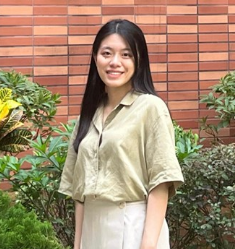
Ms ZHOU Yihuan, Claire(周伊歡女士)
Lecturer
Department of English
Department of English
Email : clairezhou@hsu.edu.hk
Tel : (852) 3963 5407
dr zou chengye, paul 鄒成業 assistant professor (scm)
associate programme director (mainland promotion & admission) of msc-ditm programme
associate programme director (mainland promotion & admission) of msc-gscm programme
department of supply chain and information management

Dr ZOU Chengye, Paul(鄒成業)
Assistant Professor (SCM)
Associate Programme Director (Mainland Promotion & Admission) of MSc-DITM Programme
Associate Programme Director (Mainland Promotion & Admission) of MSc-GSCM Programme
Department of Supply Chain and Information Management
Associate Programme Director (Mainland Promotion & Admission) of MSc-DITM Programme
Associate Programme Director (Mainland Promotion & Admission) of MSc-GSCM Programme
Department of Supply Chain and Information Management
Email : chengyezou@hsu.edu.hk
Tel : 3963 5532
